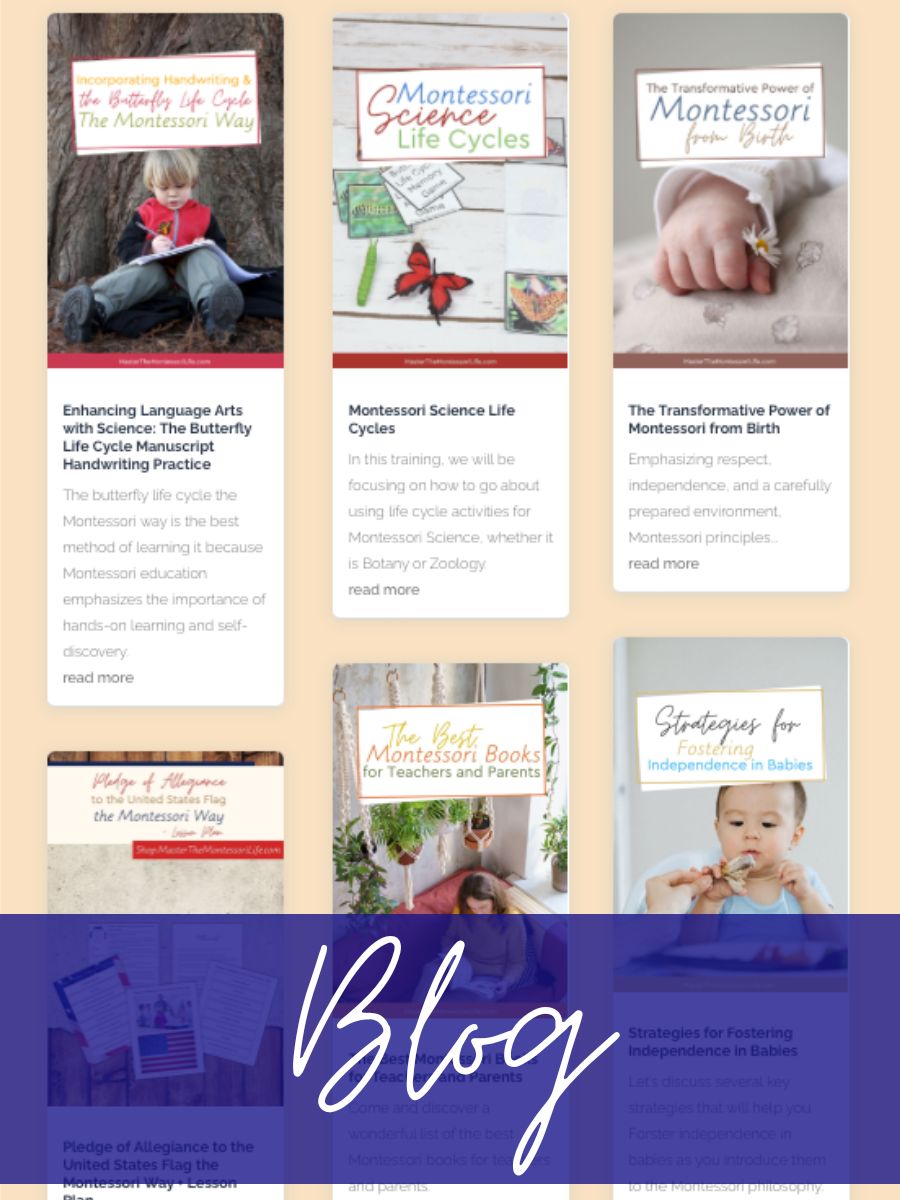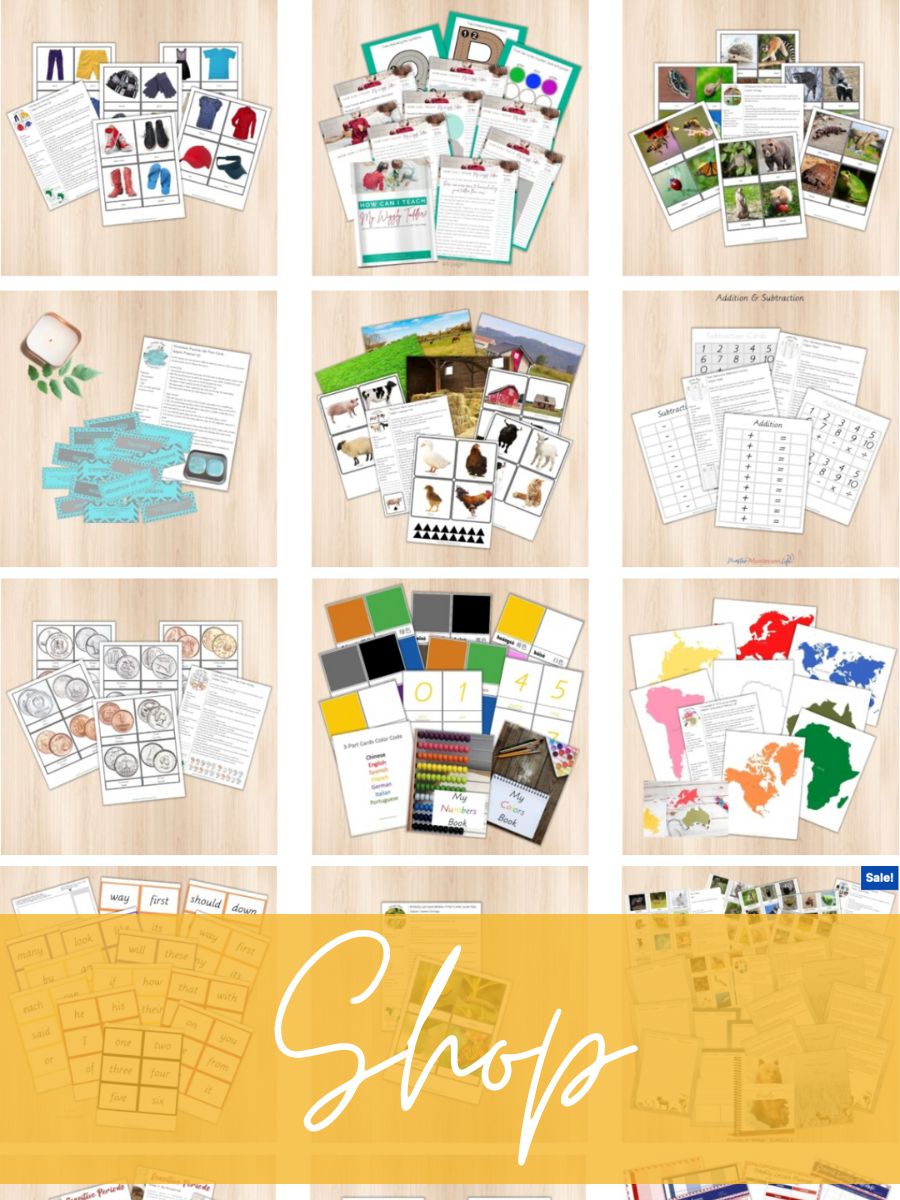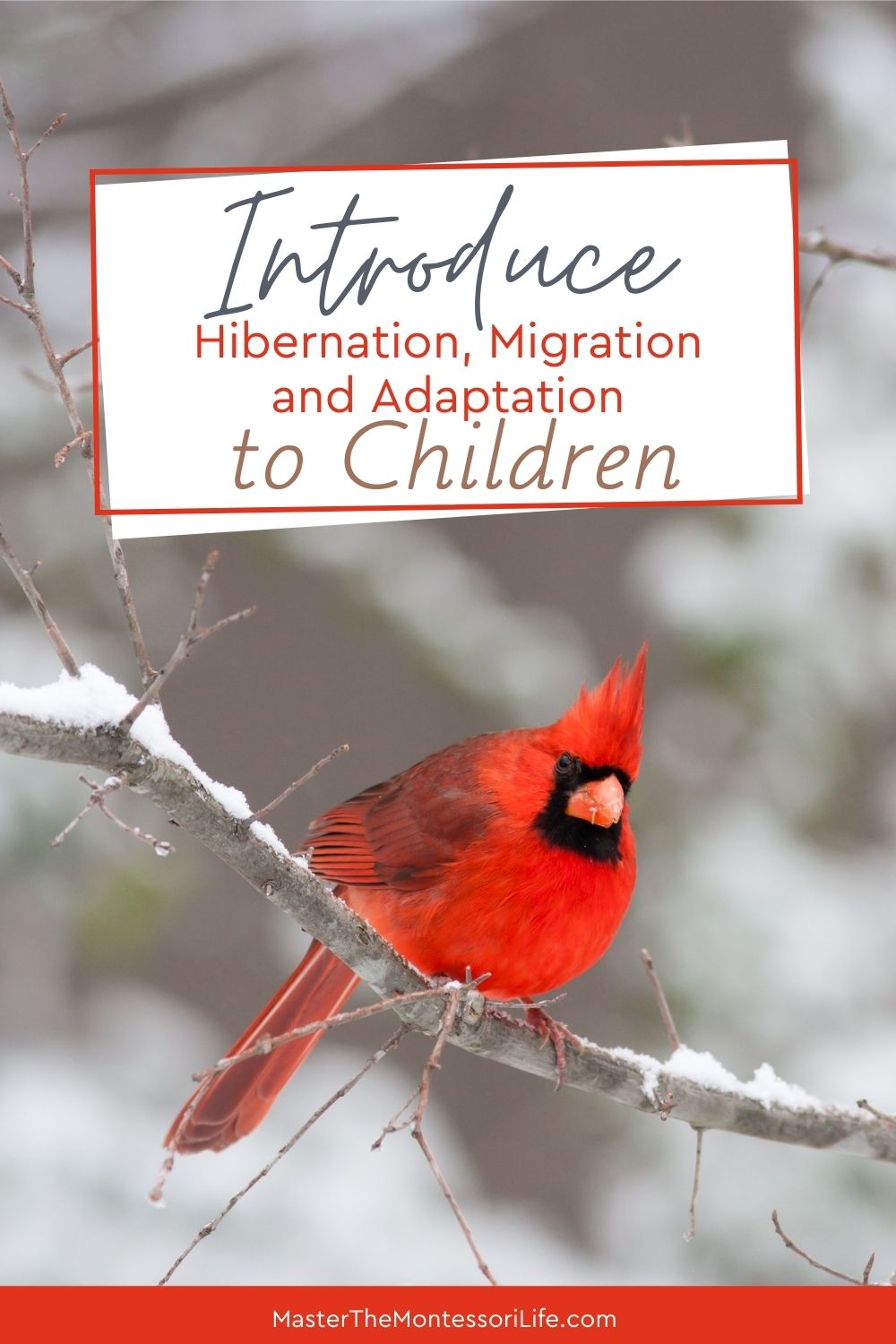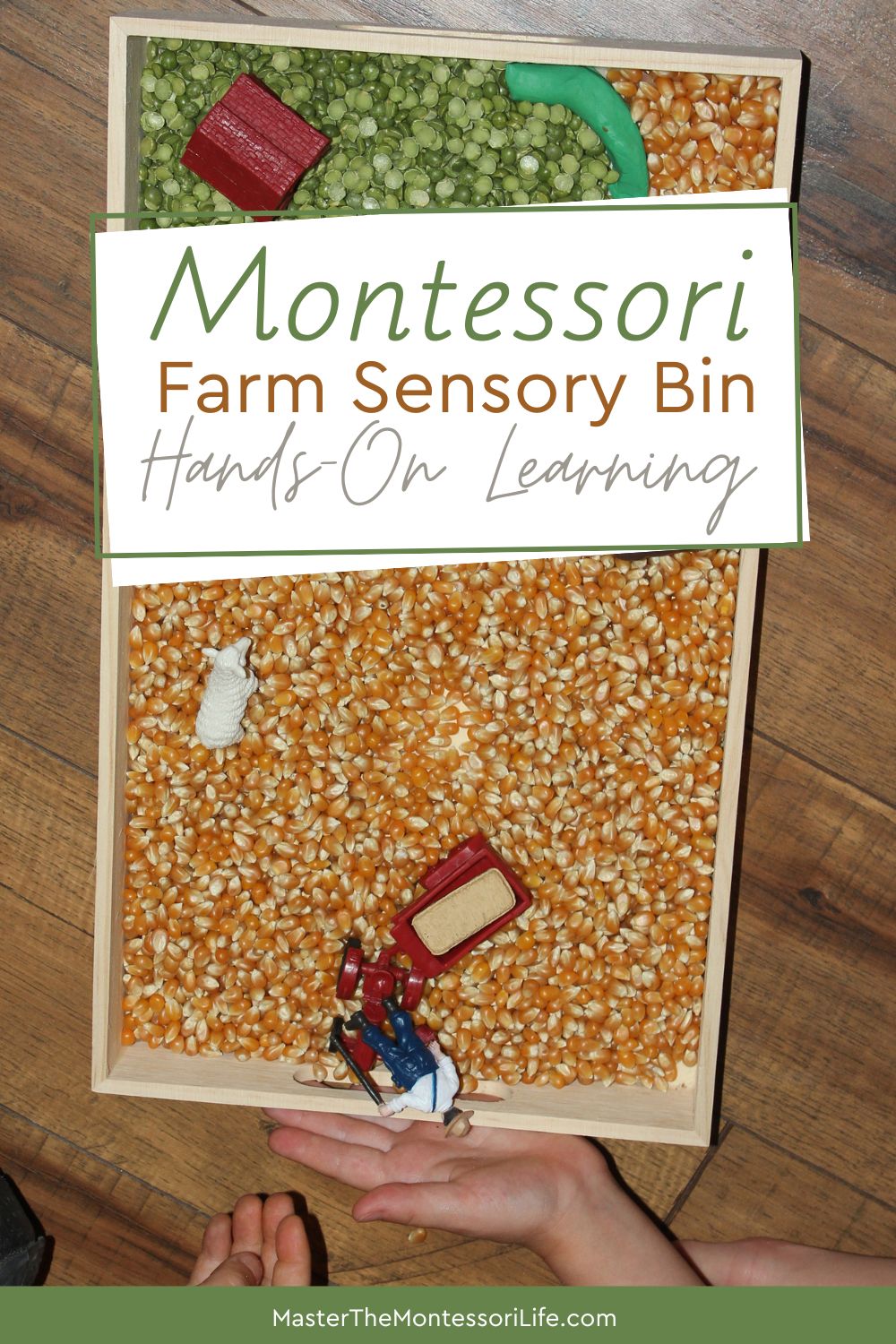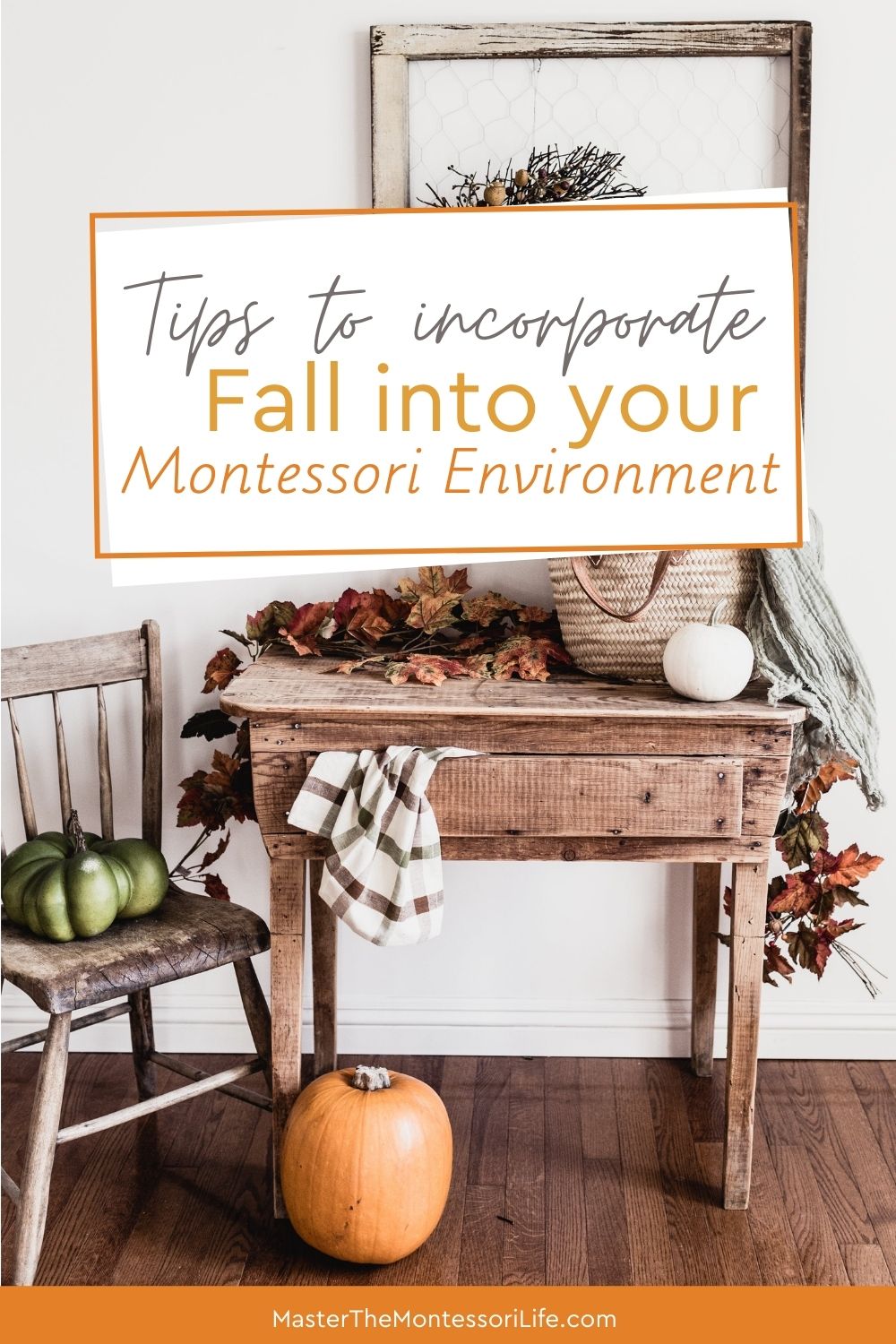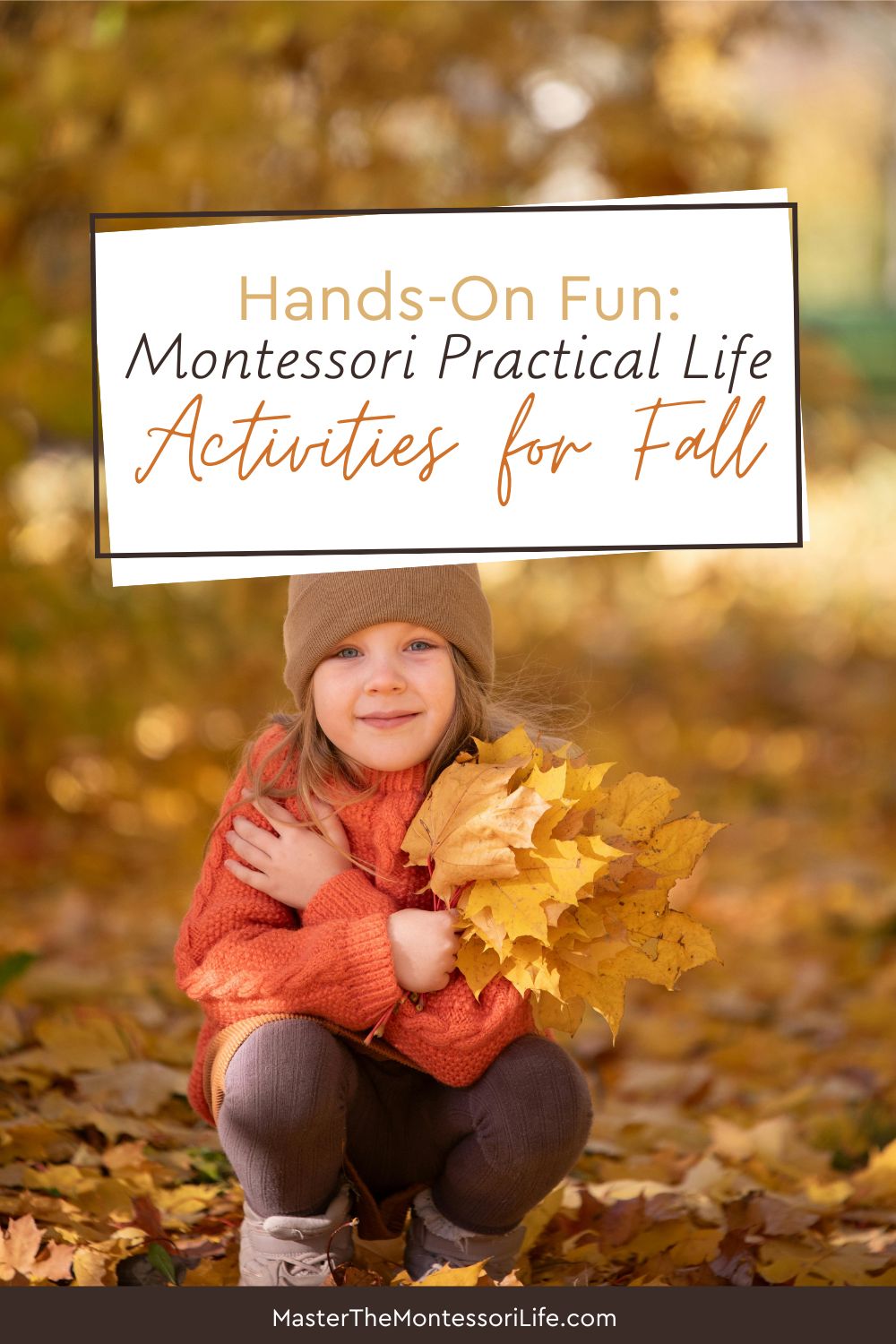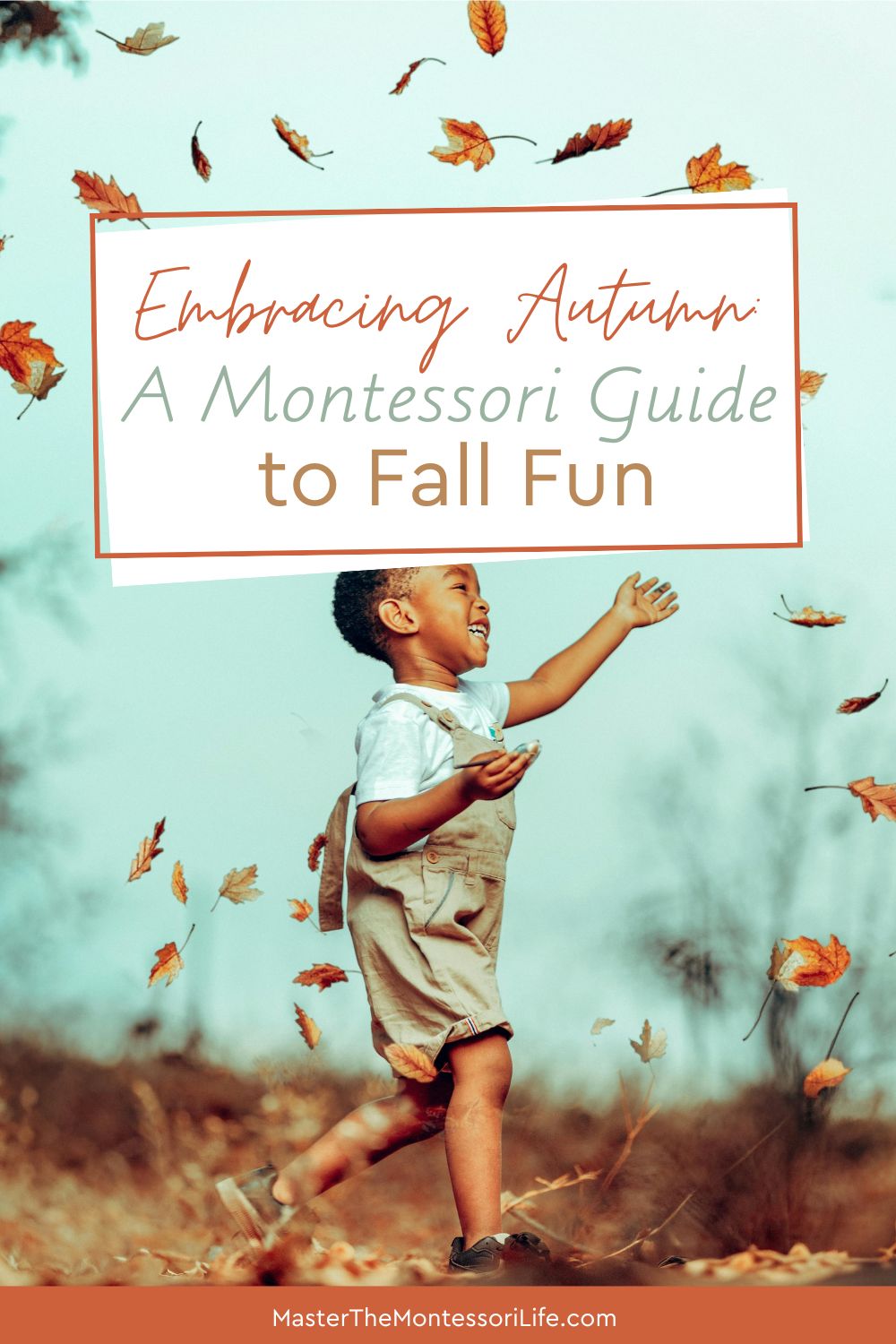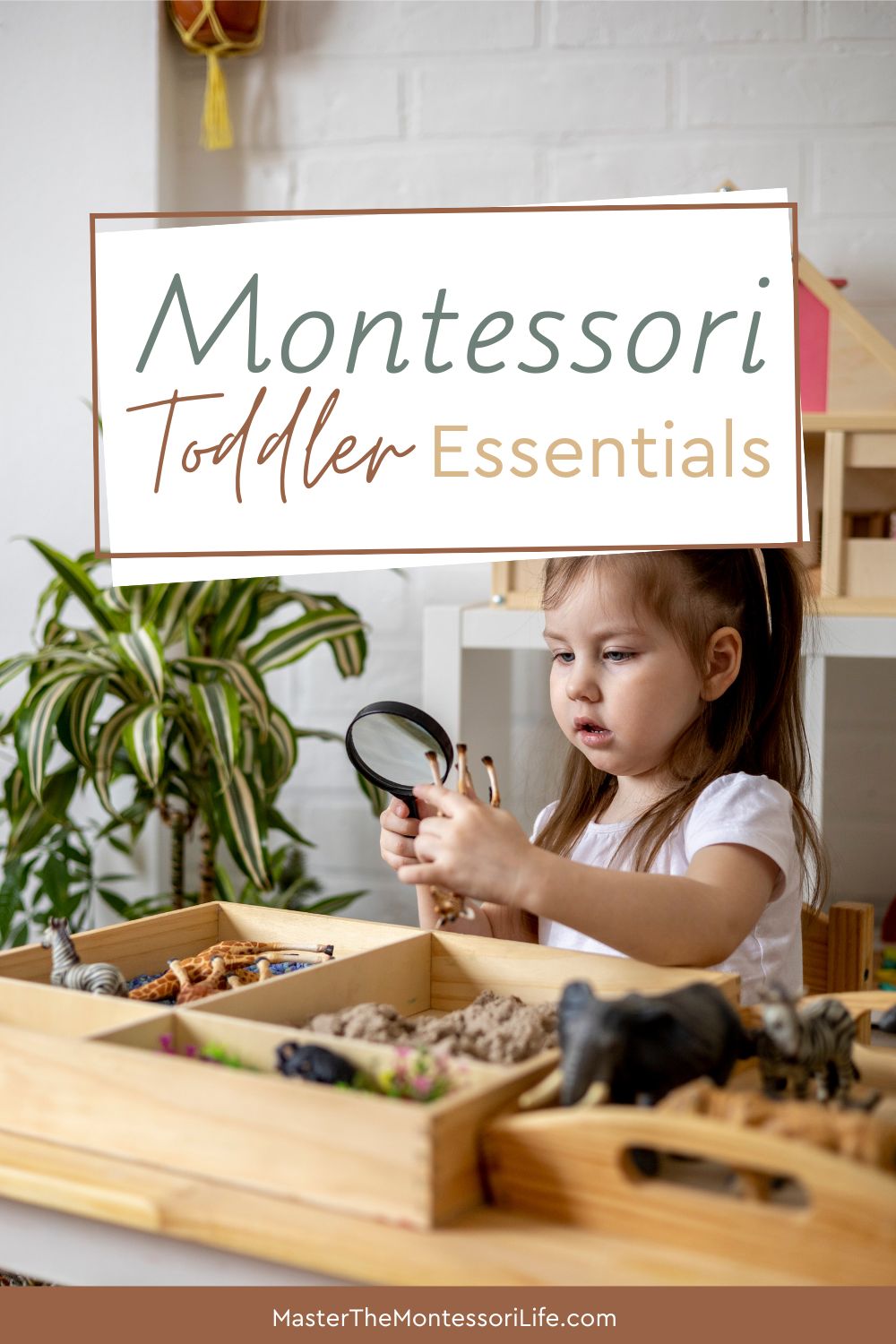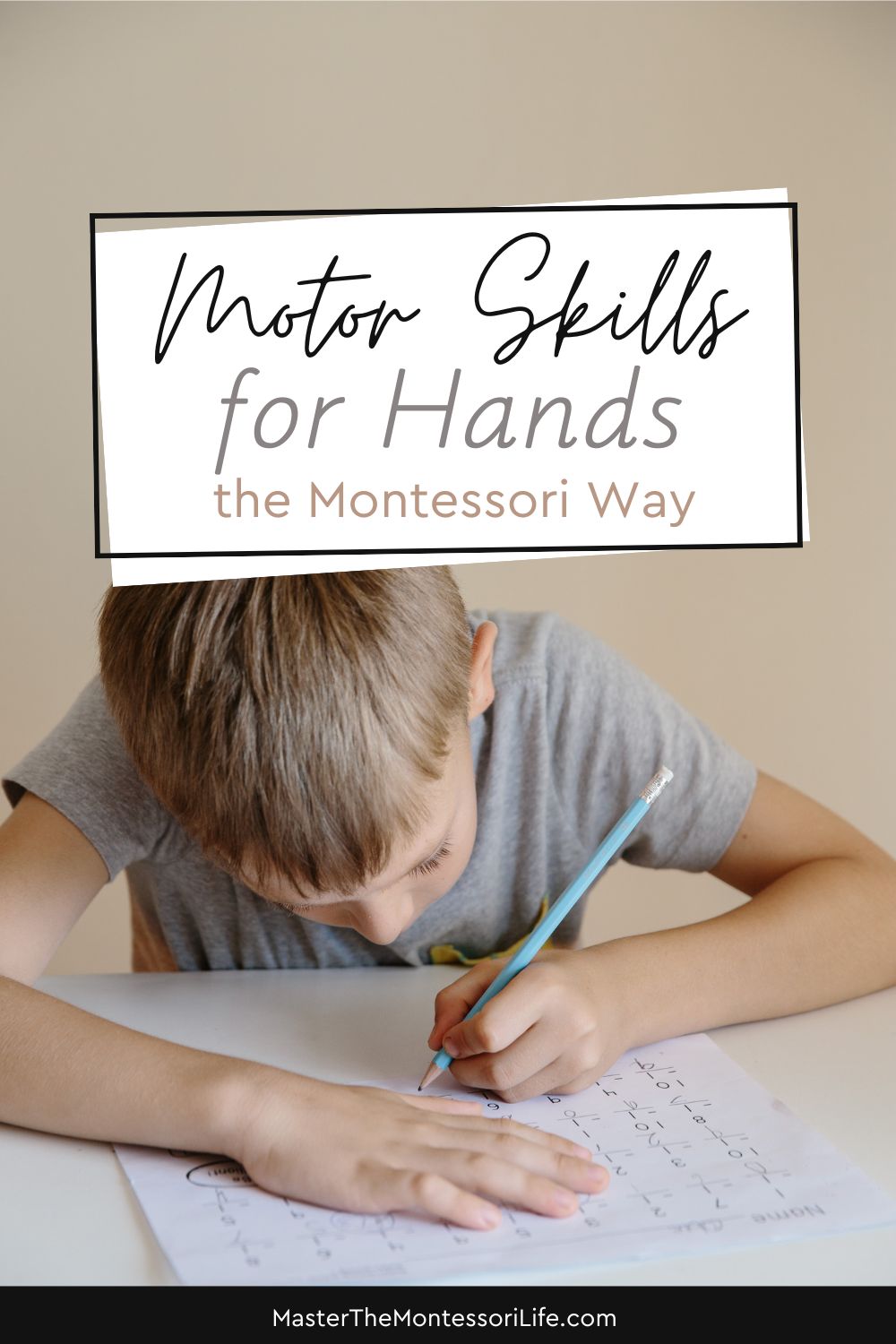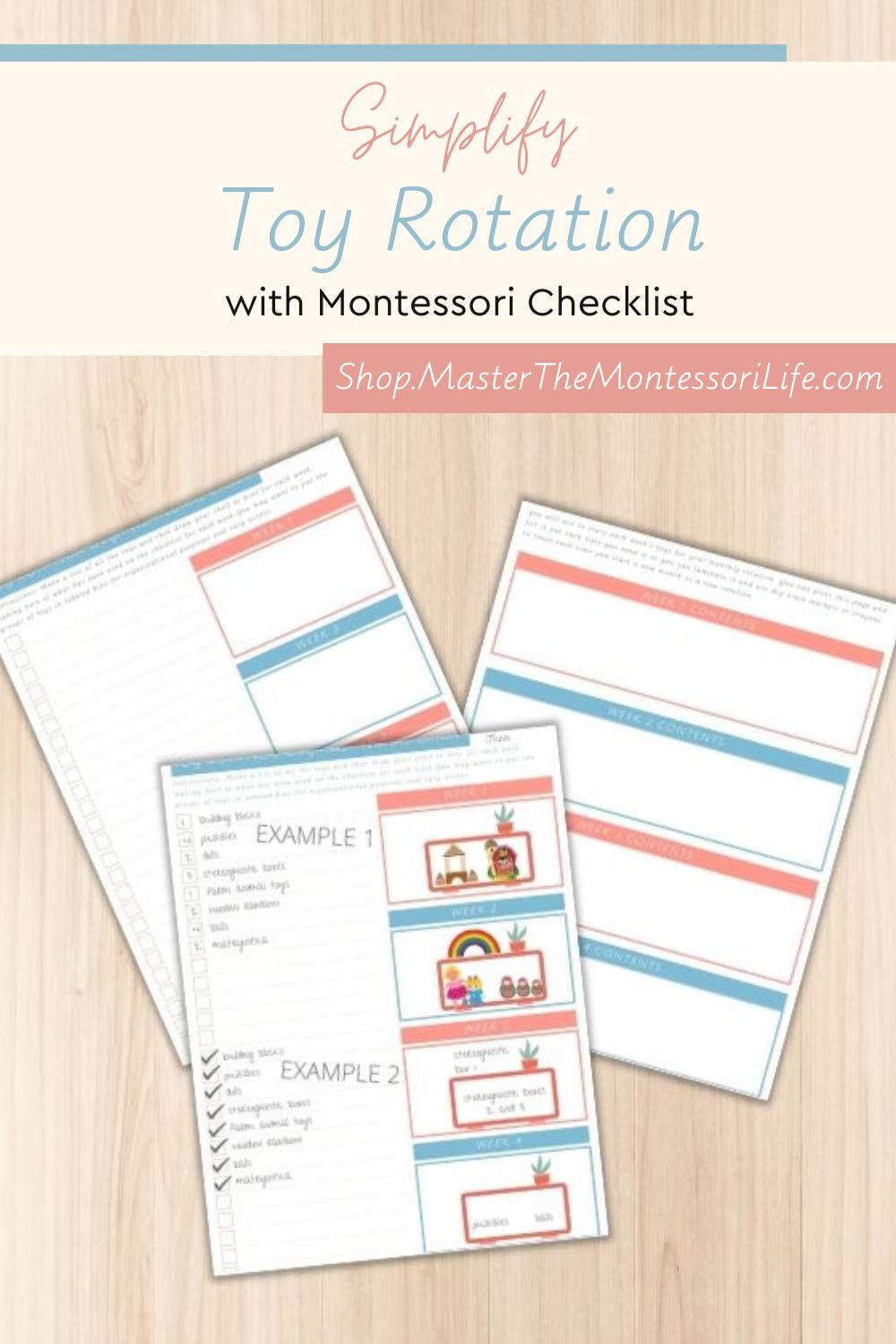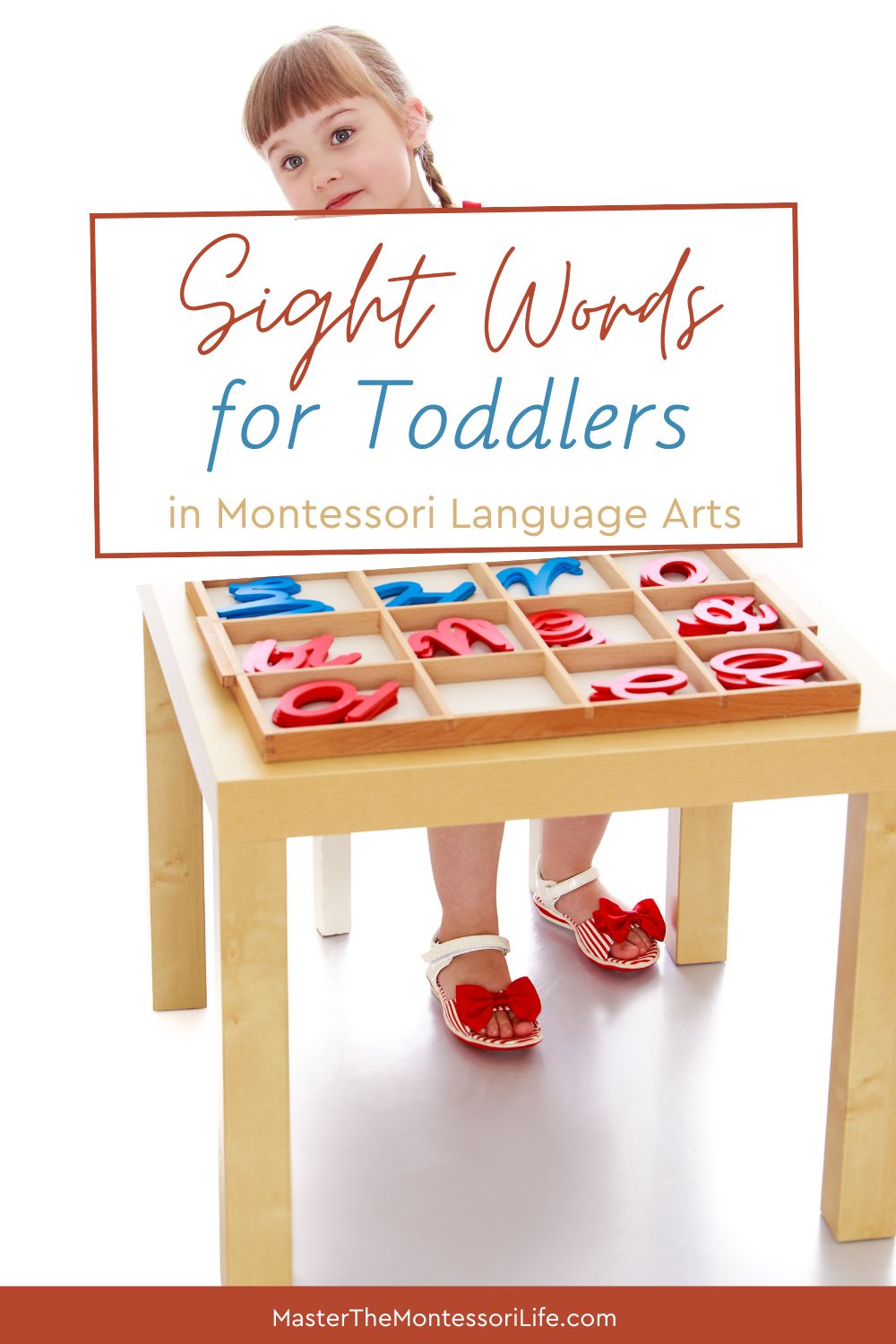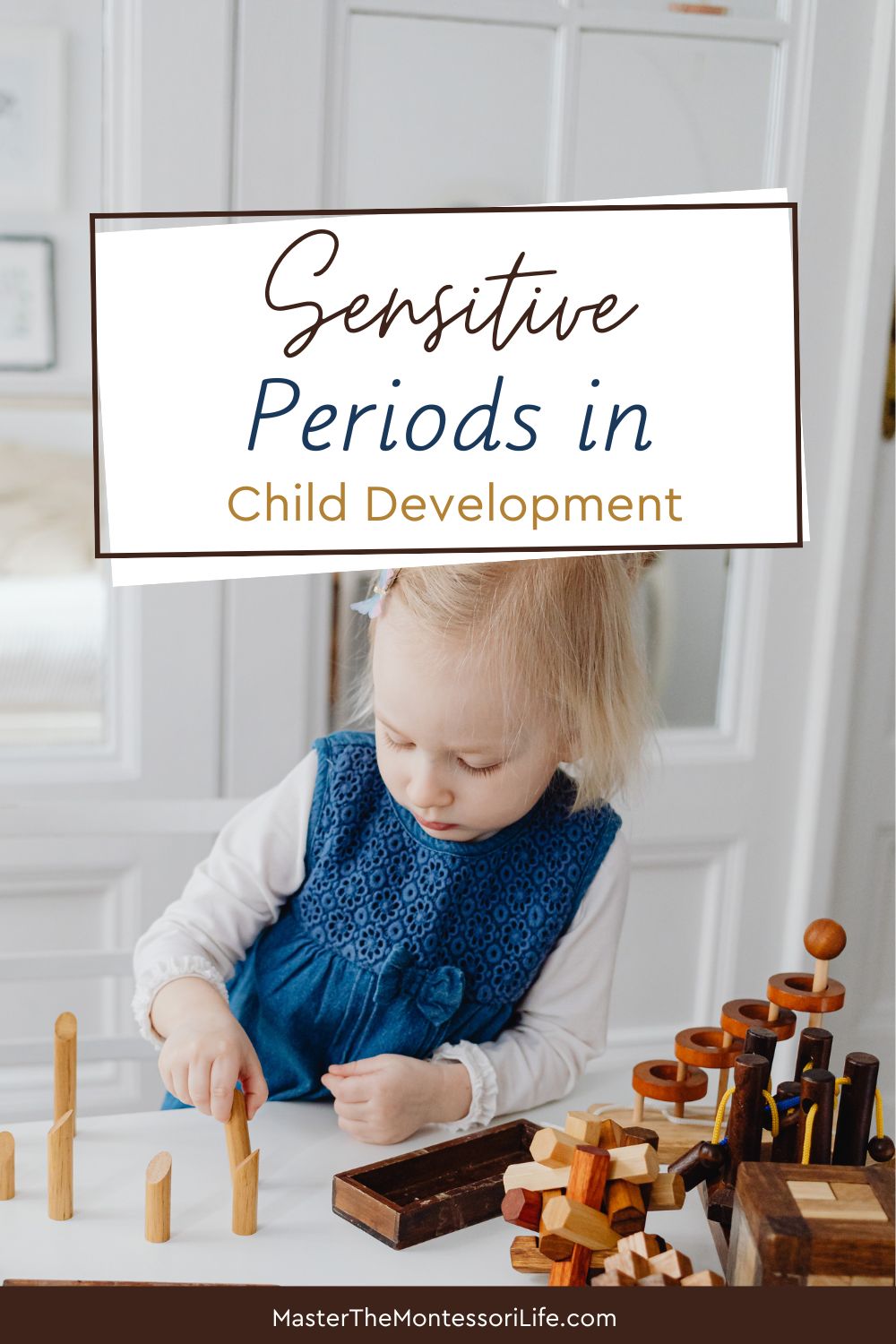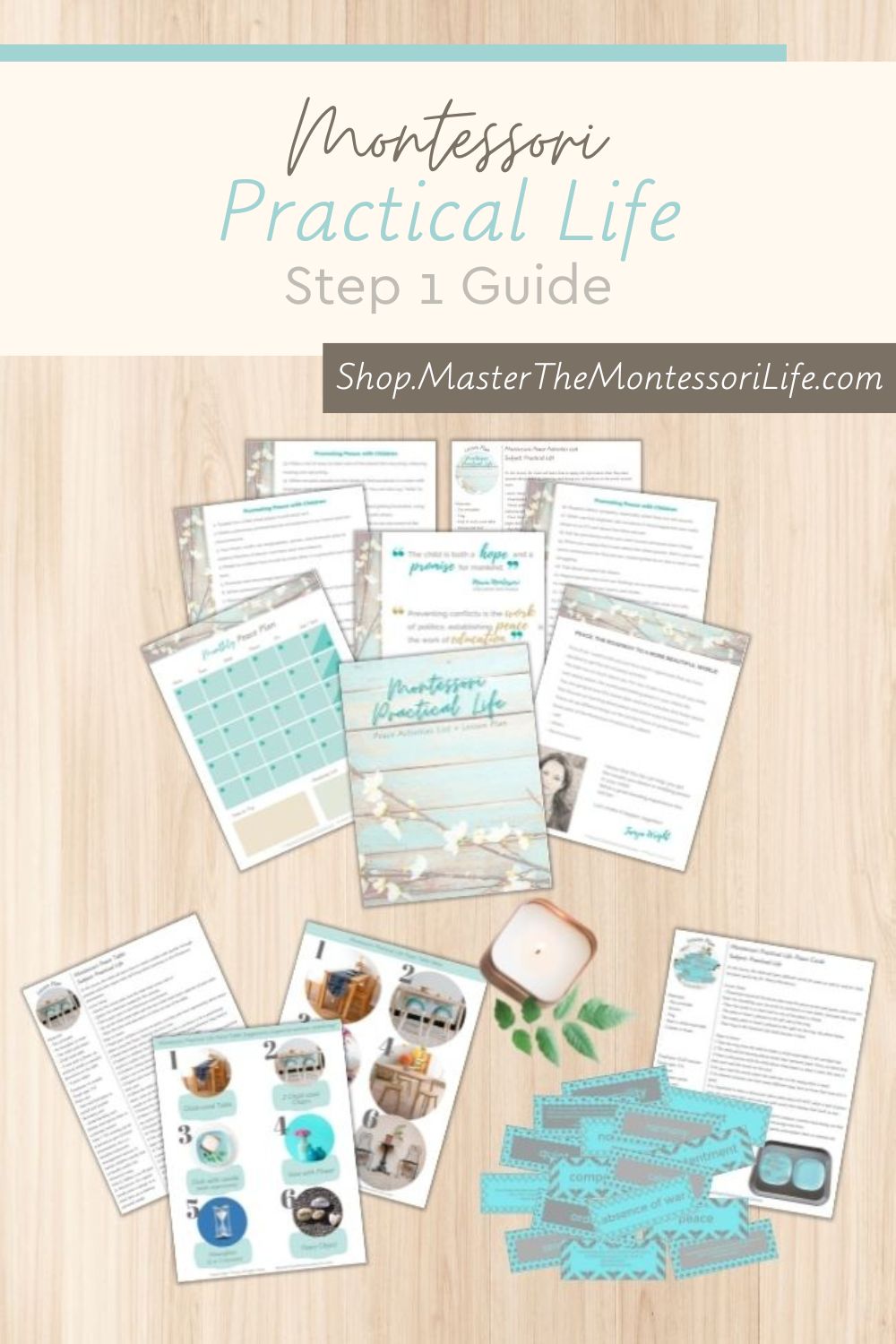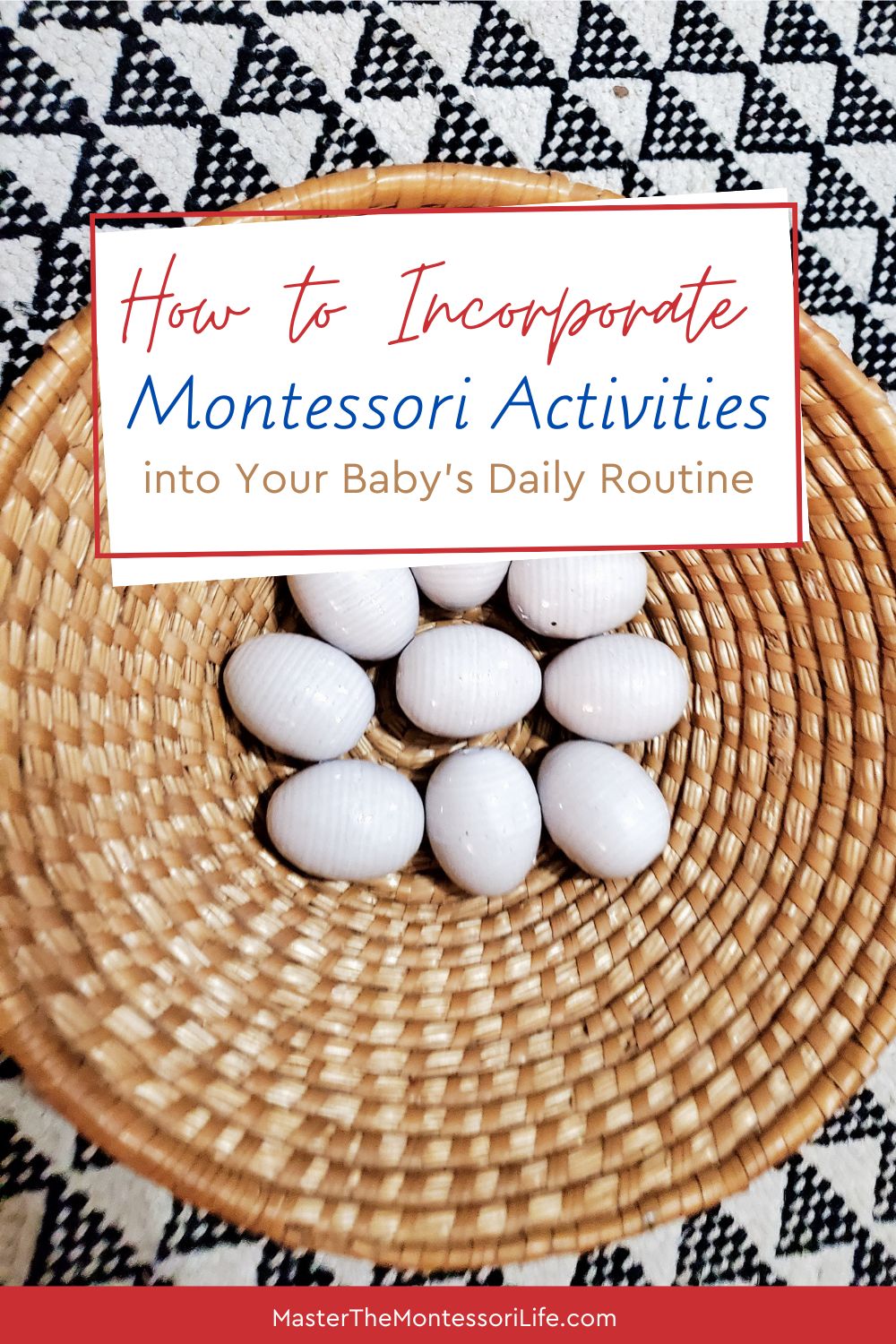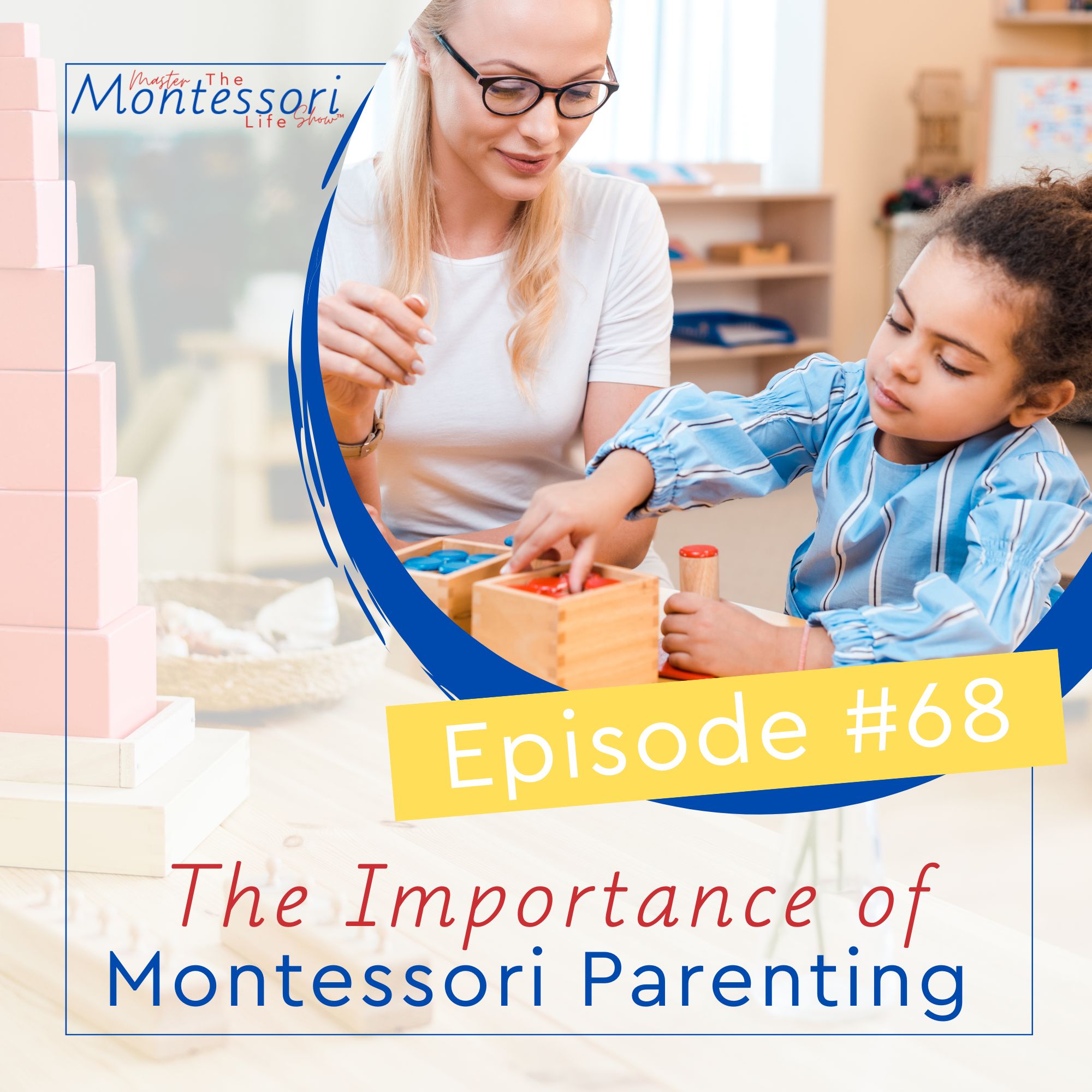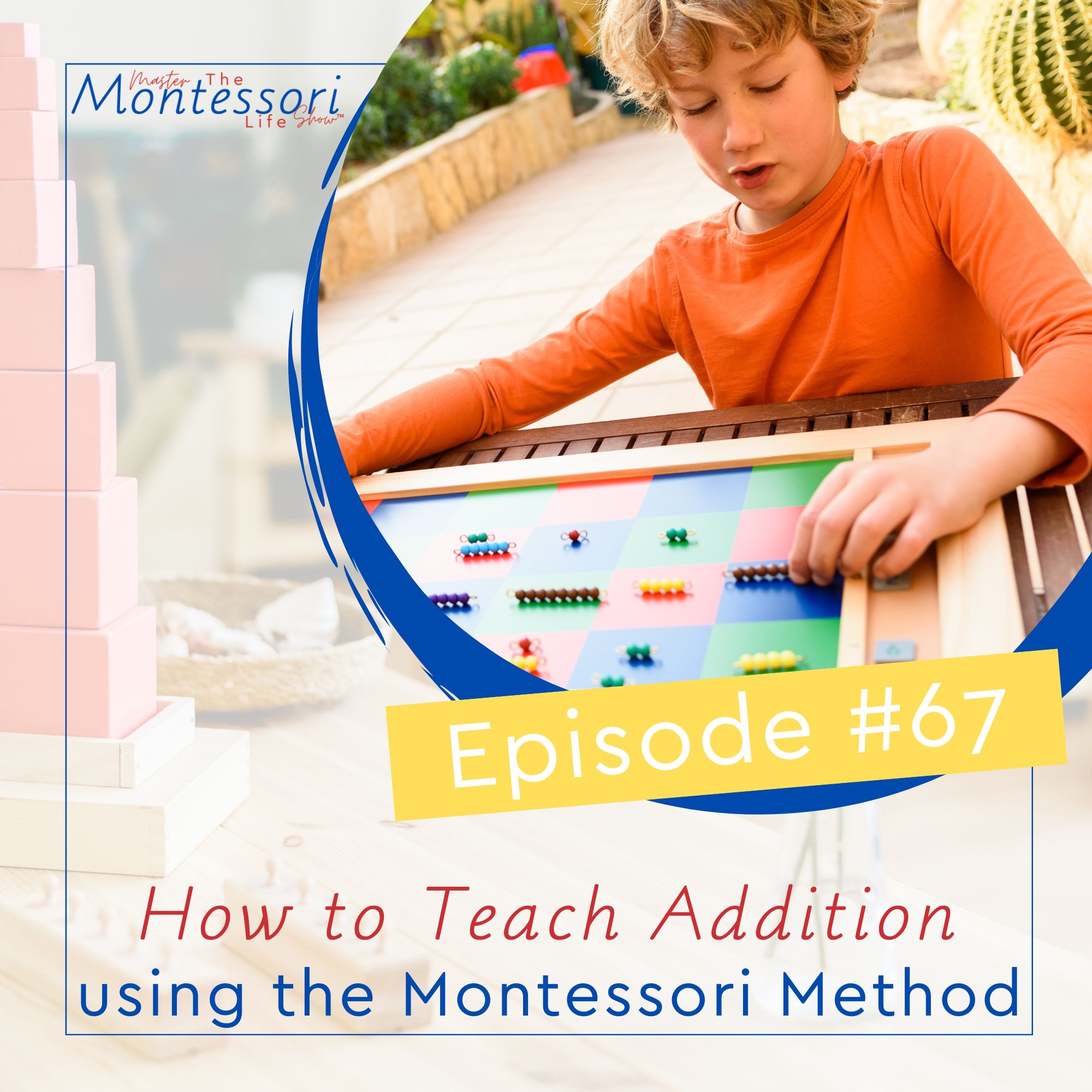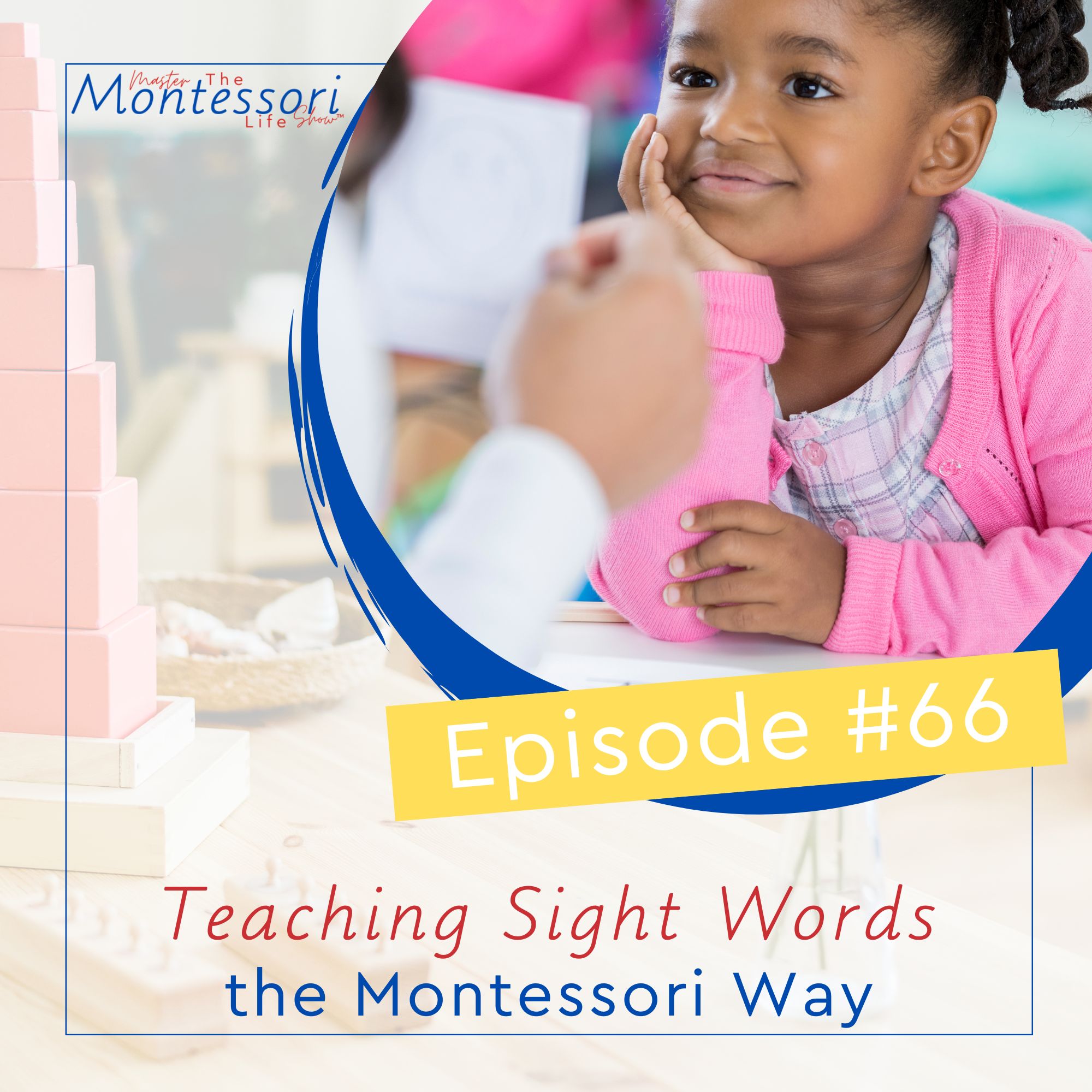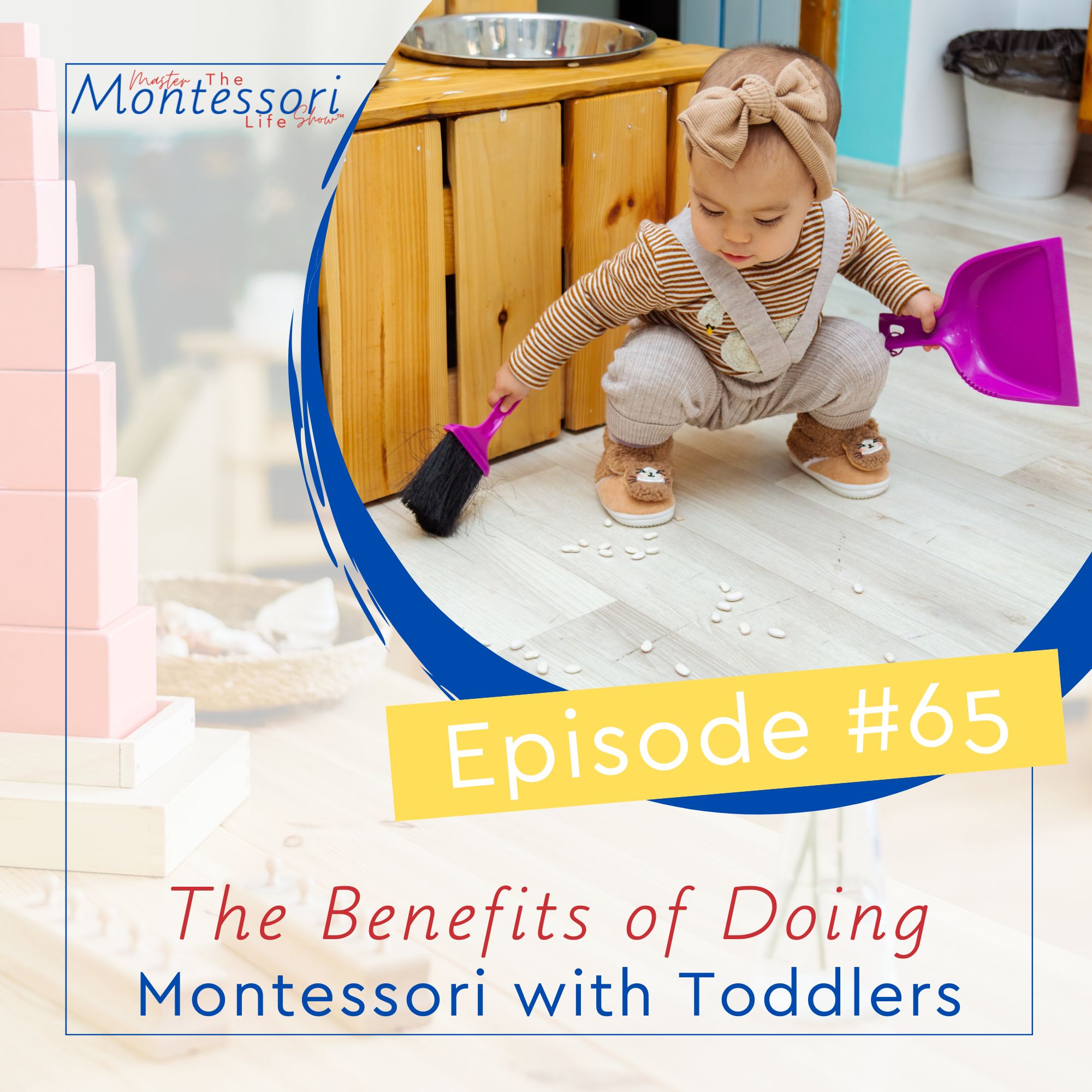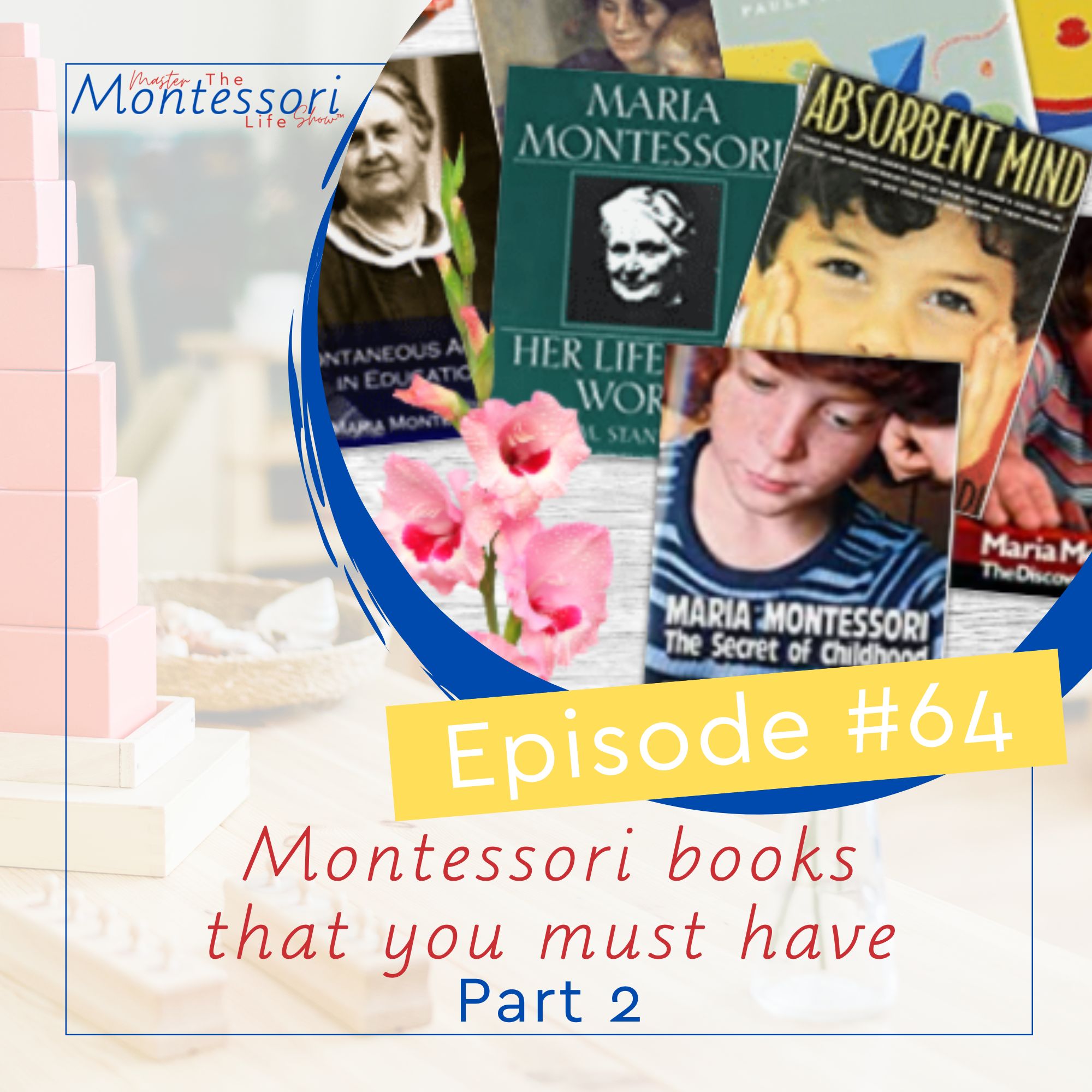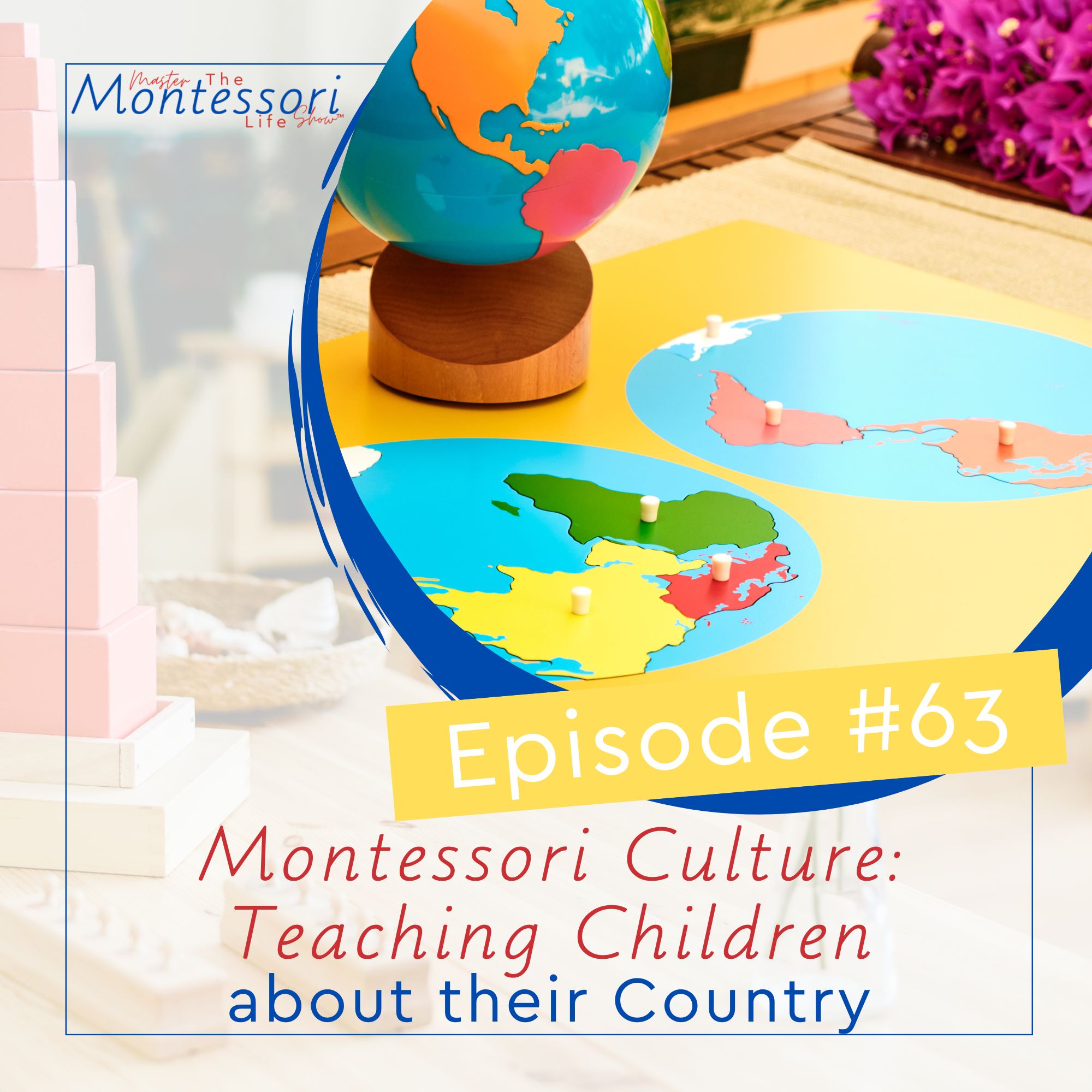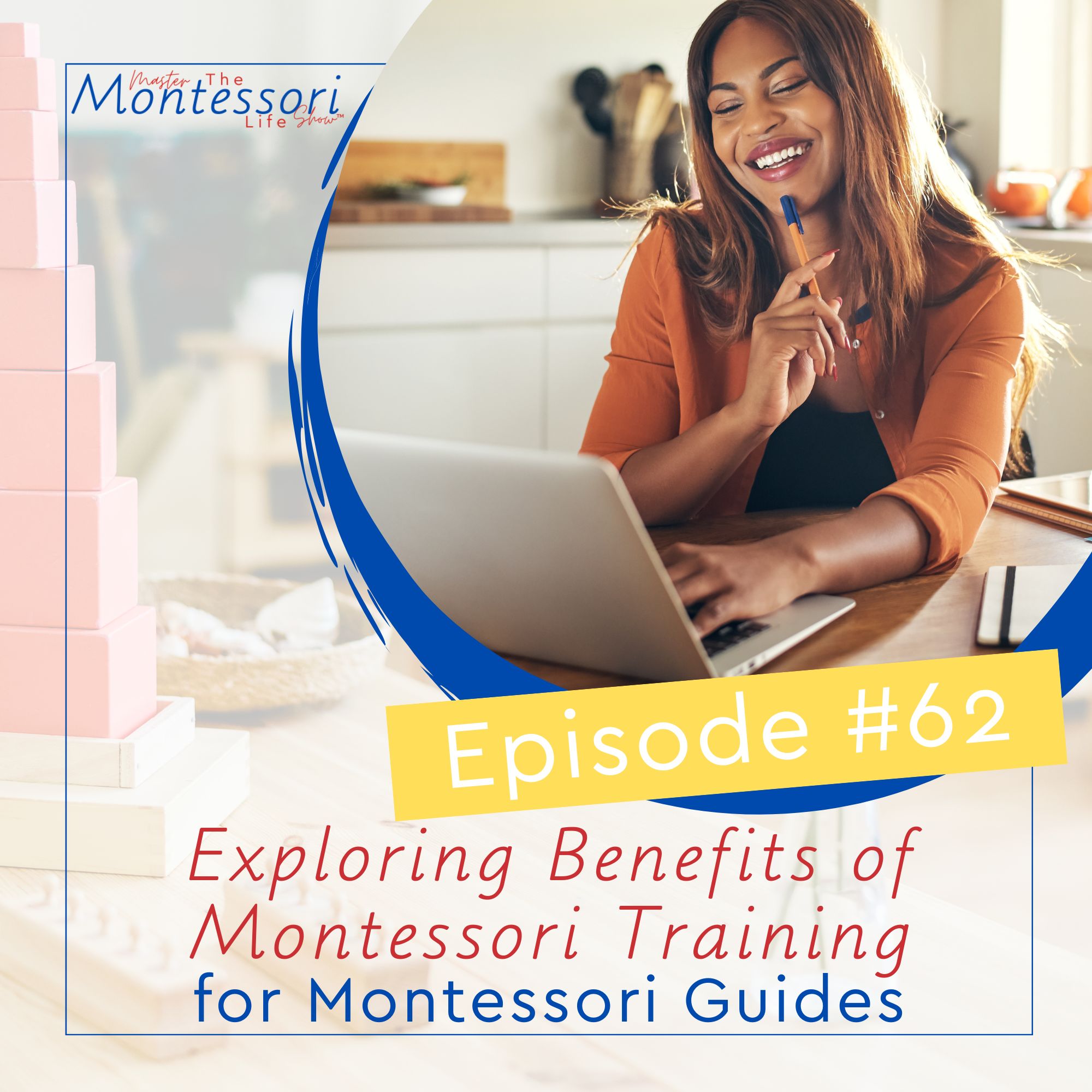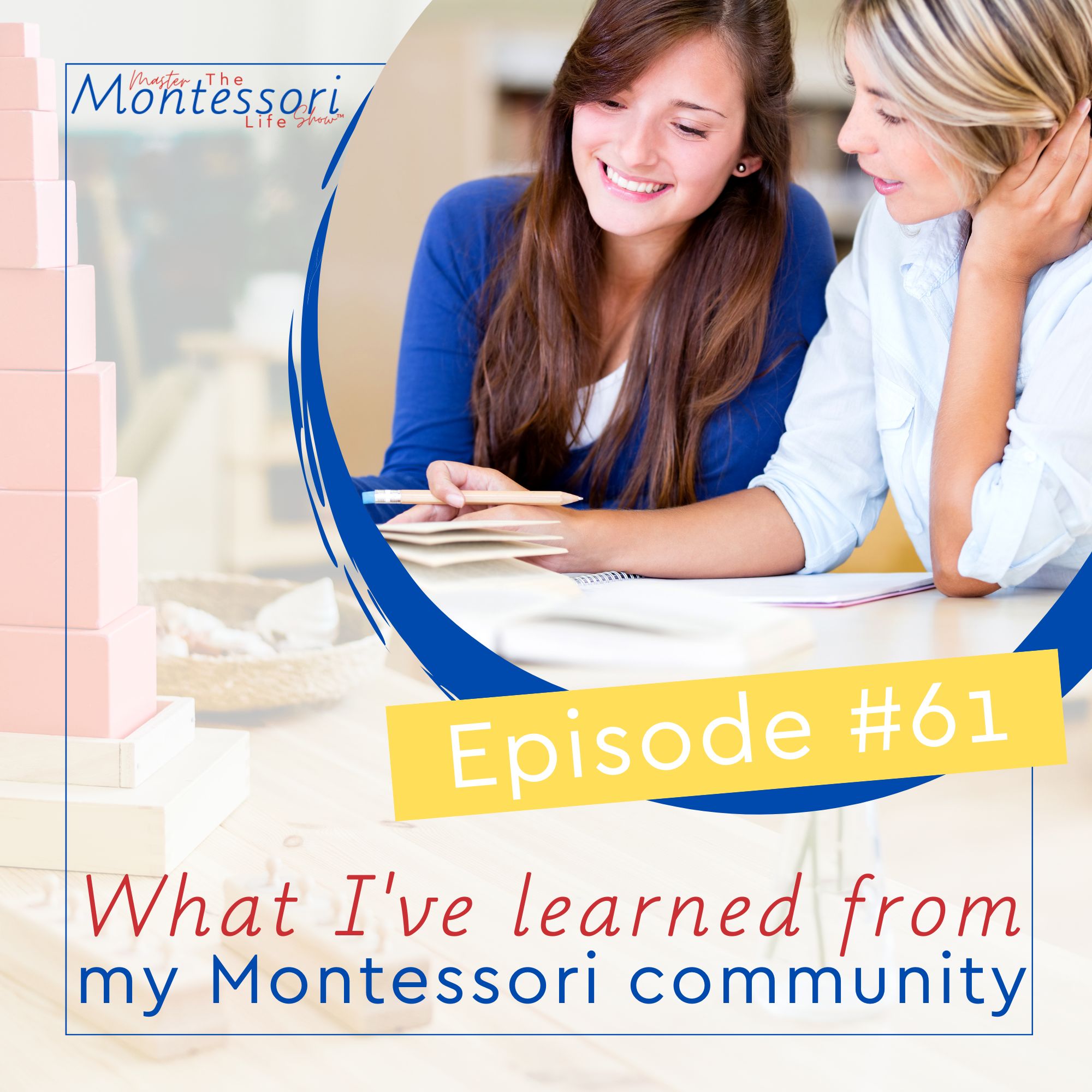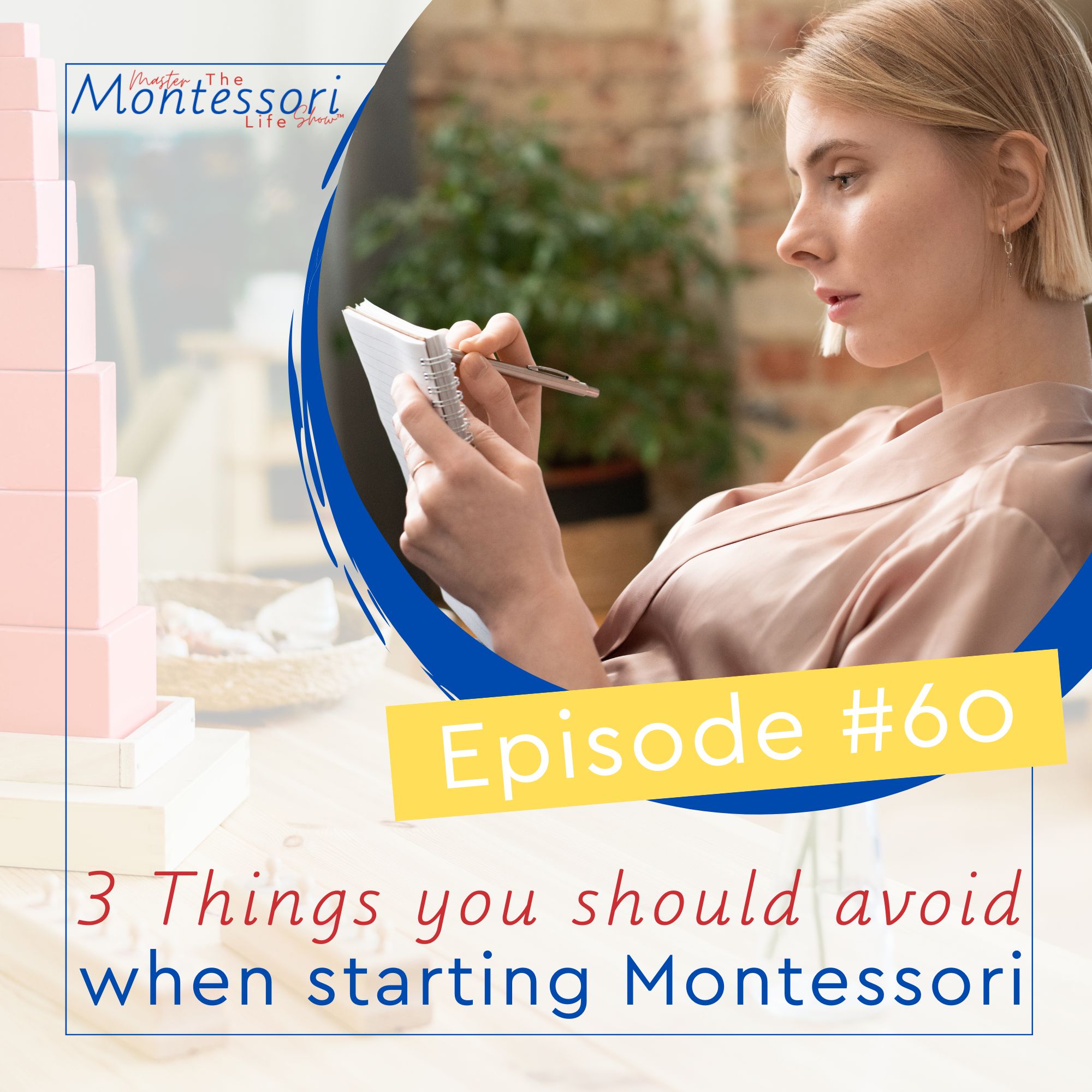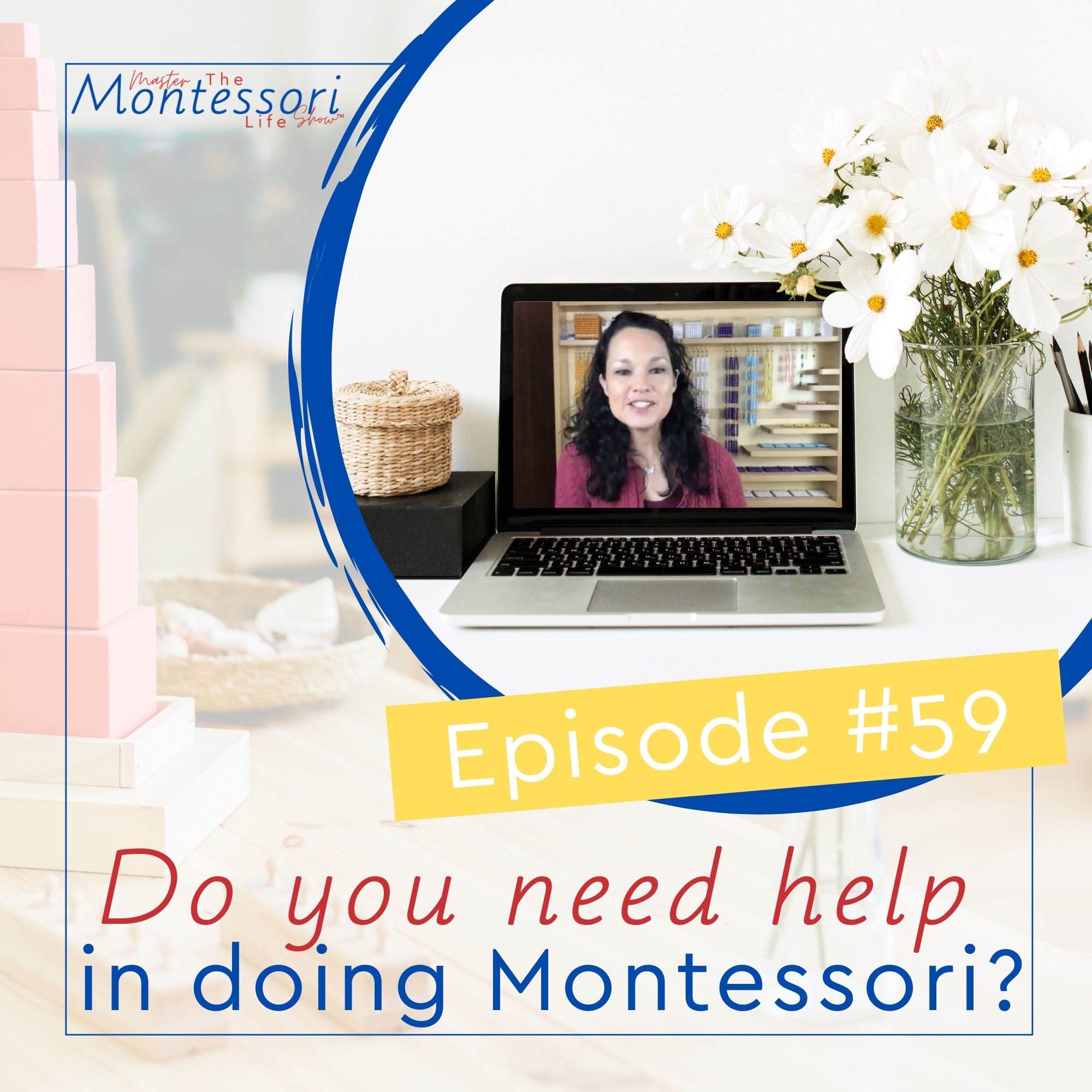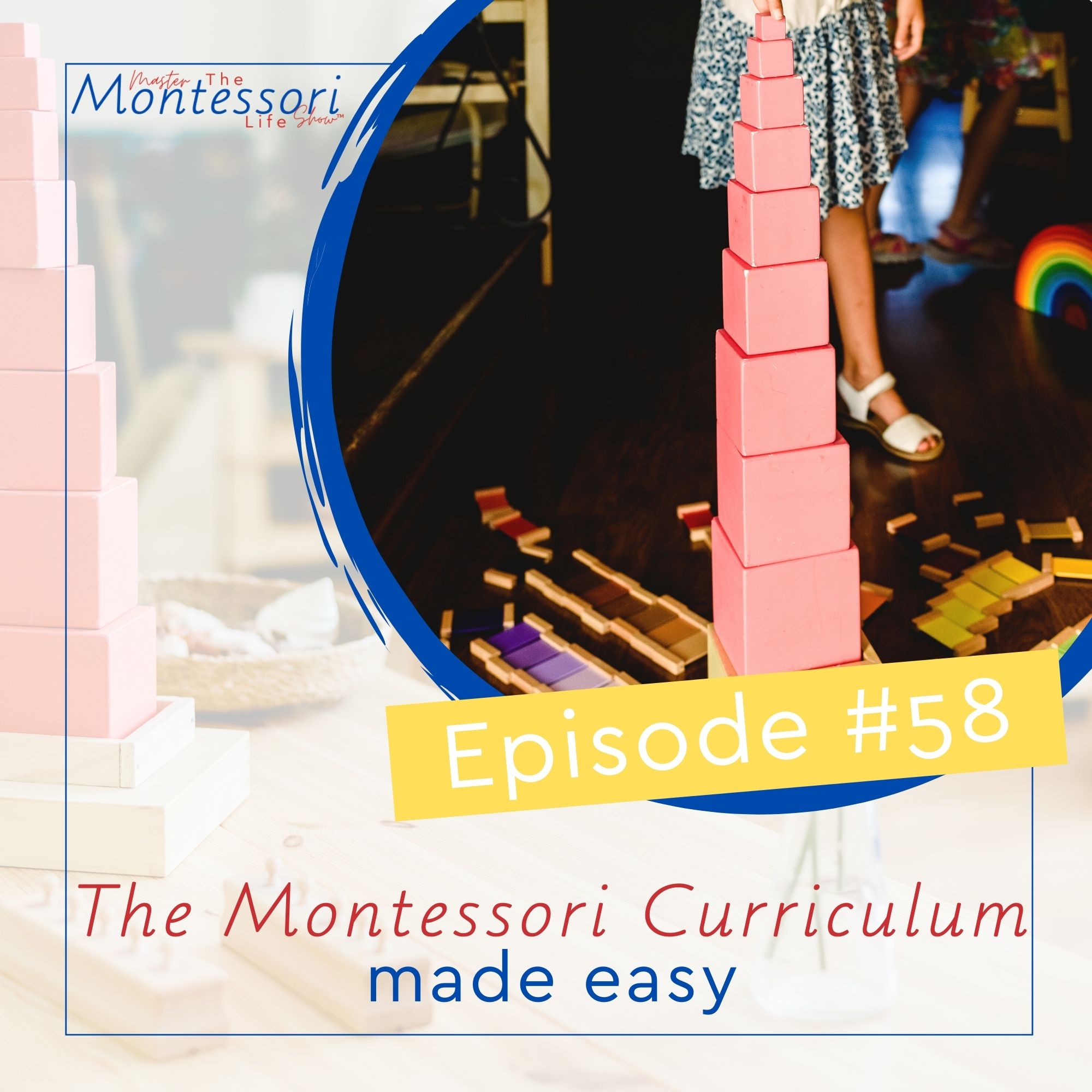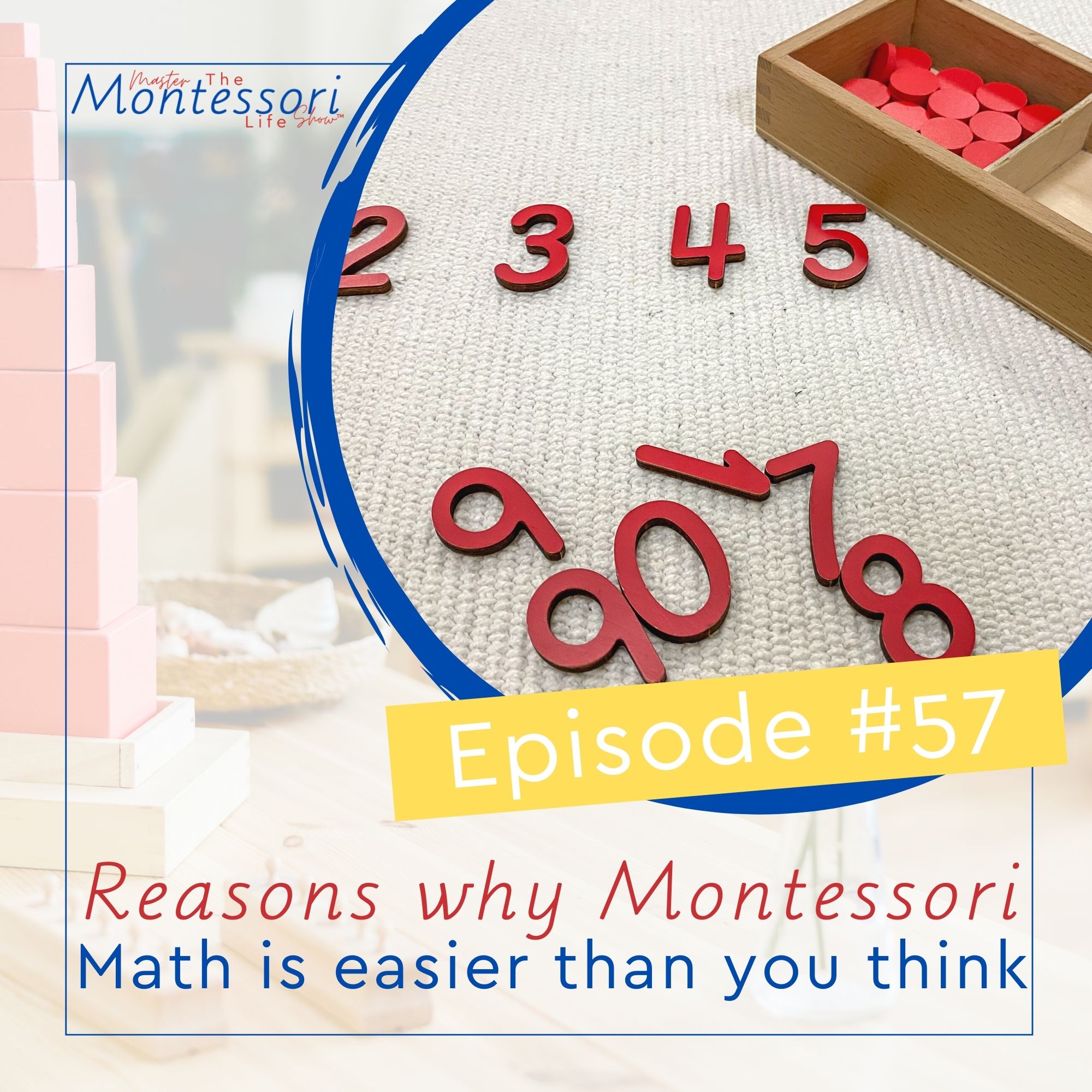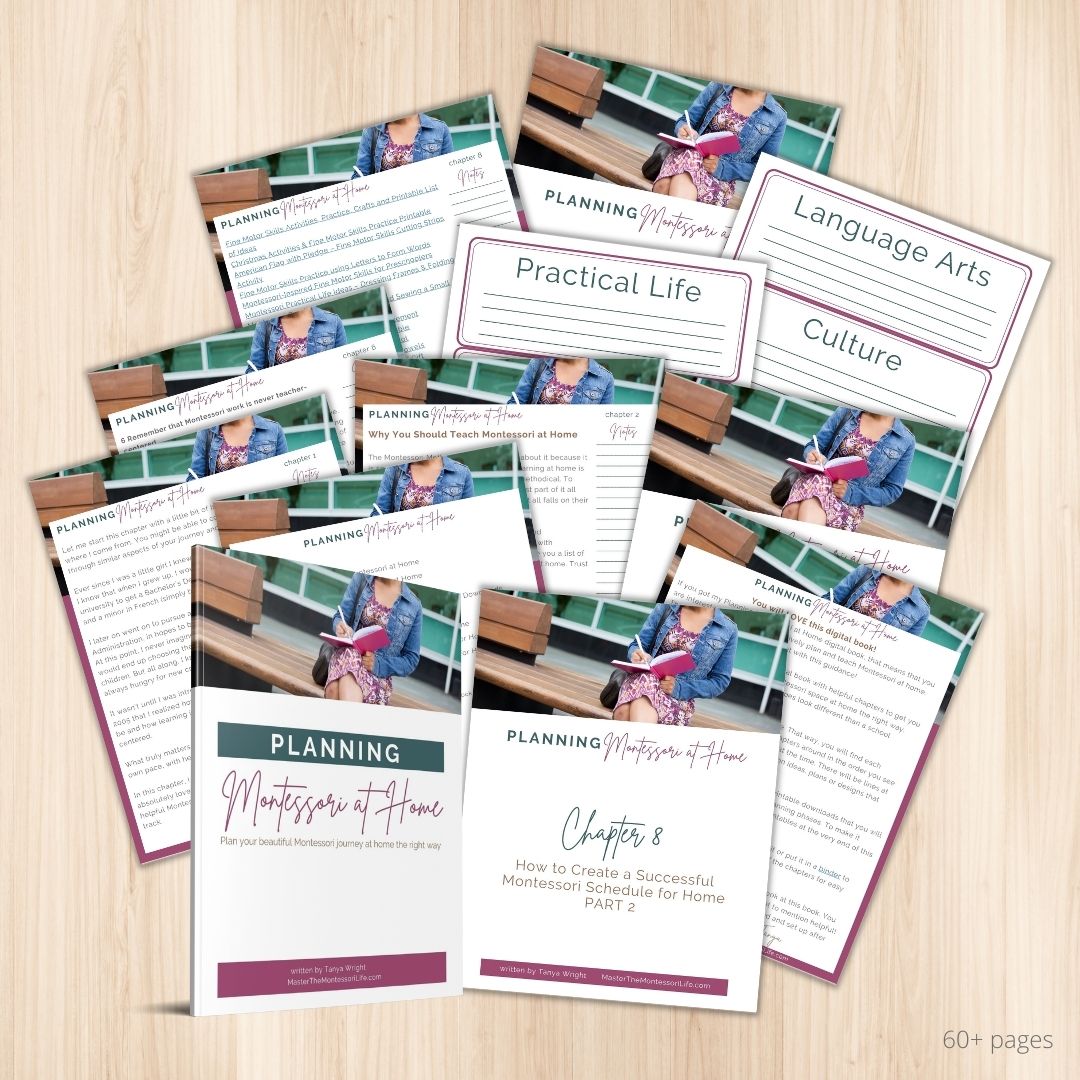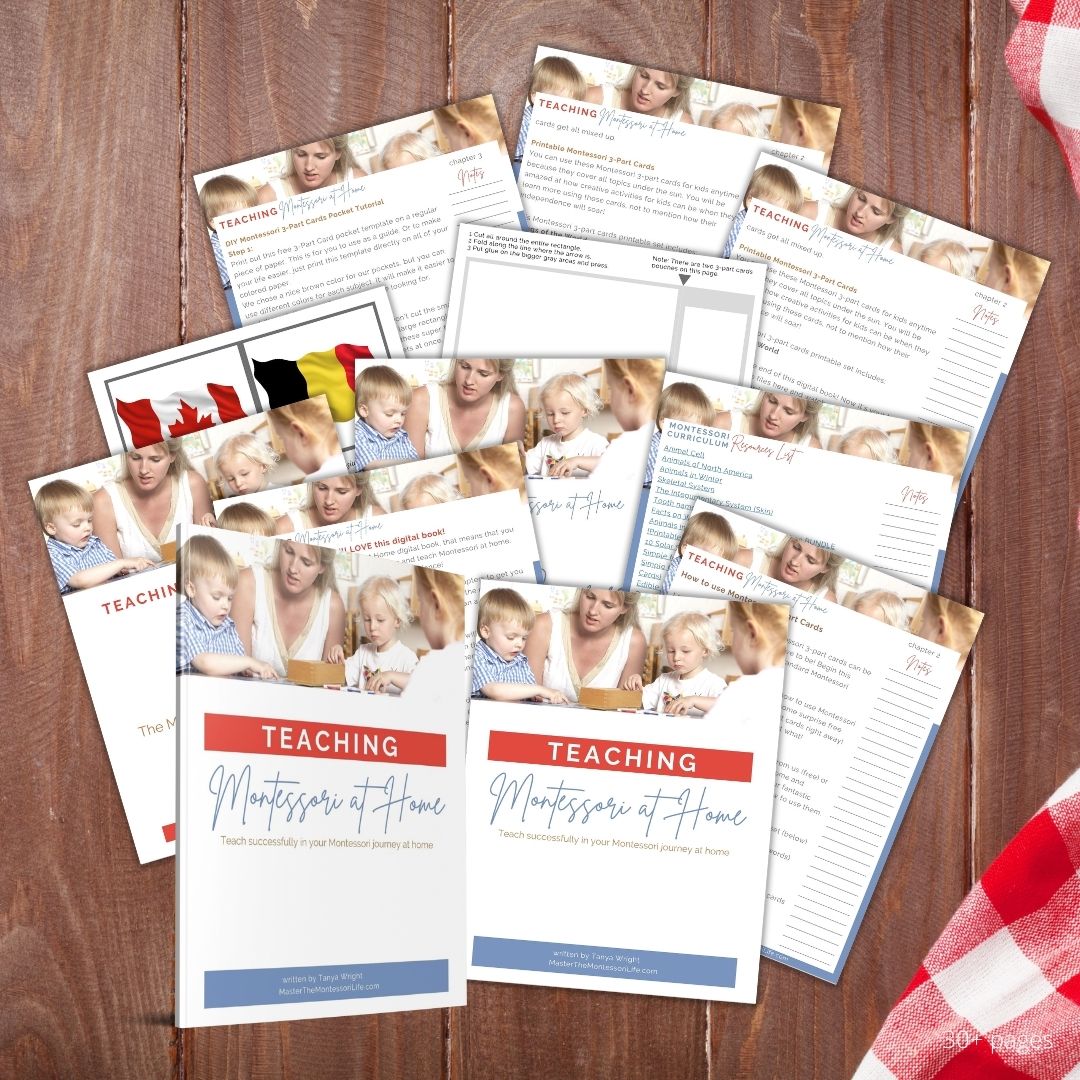Join us to learn about how to master the Montessori life!
The Latest on the Blog…
Introduce Hibernation, Migration and Adaptation to Children
When you introduce your children to the concepts of hibernation, migration and adaptation, you will love to learn how they find food, which ones follow each of these survival techniques and so much more.
Montessori Farm Sensory Bin: Hands-On Learning
A Montessori farm sensory bin is simple to assemble, rooted in purposeful work, and designed to invite deep exploration.
Tips to incorporate Fall into your Montessori environment
Come and find out how you can highlight and celebrate Fall in your Montessori environment without stressing out about it.
Hands-On Fun: 3 Montessori Practical Life Activities for Fall
These simple Montessori Practical Life activities for Fall are easy to do anytime you have the materials ready.
Embracing Autumn: A Montessori Guide to Fall Fun
The arrival of autumn brings a special kind of magic. The air turns crisp and leaves paint the...
Montessori Toddler Essentials
The Montessori method offers a pathway with a series of Montessori toddler essentials that you will find helpful.
Motor Skills for Hands the Montessori Way
The Montessori Method puts a special focus on developing motor skills for hands, recognizing how essential they are for independence, confidence, and curiosity.
Simplify Toy Rotation with Montessori Checklist
Make Toy Rotation Simple and Fun with the Montessori Toy Rotation Checklist Labels and Chart. Organizing your child’s play area shouldn’t be stressful! That’s why the Montessori Toy Rotation Checklist, Labels & Chart is every parent’s new best friend when it comes to keeping toys fresh and shelves inviting.
Sight Words for Toddlers in Montessori Language Arts
When you look into Montessori Language Arts, you will find a unique and engaging approach that helps toddlers master these important words.
Sensitive Periods in Child Development
These sensitive periods are unique windows of opportunity that help children easily absorb important skills and concepts.
Montessori Practical Life Step 1 Guide
Montessori Practical Life Step 1 Checklists The Easy Way to Keep Your Montessori Journey Organized: Discover an affordable, printable checklist set that helps you organize lessons, track progress, and ensure Practical Life success for every child.
How to Incorporate Montessori Activities into Your Baby’s Daily Routine
Well, let me get started by telling you that it isn’t just incorporating it into your baby’s daily routine… you need to make it a part of your own as well!
The Latest on the Podcast…
Episode 68: The Importance of Montessori Parenting
As Montessori parents, our role transforms from that of a director to that of a guide, providing help and tools as needed but ultimately allowing the child to lead their education. That is why I want to underscore the importance of Montessori parenting.
Episode 67: How to Teach Addition using the Montessori Method
This episode will go over how to teach addition using the Montessori Method.
Episode 66: Teaching Sight Words the Montessori Way
Teaching sight words is a crucial aspect of early literacy, according to the Montessori method.
Episode 65: The Benefits of Doing Montessori with Toddlers
Doing Montessori with toddlers is the best for many reasons. Let’s discuss three fantastic benefits.
Episode 64: Montessori books that you must have (Part 2)
I have compiled an excellent list of list that you must have and will be great for you to own and refer to regularly!
Episode 63: Montessori Culture: Teaching Children about their Country
Teaching children about their country is very important, especially when we want to do it right: the Montessori way.
Episode 62: Exploring Benefits of Montessori Training for Montessori Guides
The advantages of Montessori training for Montessori Guides will be discussed, along with the reasons you should take it seriously.
Episode 61: What I have learned from my Montessori community
Having a Montessori community can help you stay accountable and motivated. Come learn what I’ve discovered from my Montessori community.
Episode 60: 3 Things you should avoid when starting Montessori
To do Montessori better, it’s important to avoid a few common pitfalls when first starting Montessori out.
Episode 59: Do you need help in doing Montessori right?
Do you need help in doing Montessori to make sure that you are doing it right? Come and find out how to know what to focus on first, actionable steps to apply immediately and more!
Episode 58: The Montessori Curriculum made easy
If you are thinking about implementing a Montessori curriculum in your homeschool or Montessori environment, let’s discuss a few of the best tips that I would recommend in this week’s live training.
Episode 57: Reasons why Montessori Math is easier than you think
Let’s debunk some of these anxieties during this training session and discuss why Montessori Math is less difficult than you would expect.
Foundations
What is The Montessori Method?
Come and find out what makes this philosophy so unique, different and successful…

The Montessori Method was devised around 100 years ago by Dr. Maria Montessori, who developed it into something very special and unique. It revolves around giving children the freedom to follow their interests to discover the extent possible to boost their overall educational achievement.
What are we going to do to do to ensure that this effort is efficient? This, of course, involves planning and execution. For a start, yes, there is a method to the madness. And what happens as a result? A child who has a passion for learning plus an open and exploratory mindset.

What is The Montessori Method?
“I have studied the child, I have taken what the child has given me and expressed it, and that is what is called the Montessori Method.”
~Dr. Maria Montessori
Let’s describe the Montessori Method in this article and some of its main topics, starting with the author of this philosophy. Throughout the duration of her life, Dr. Maria Montessori was known to be both knowledgeable and well respected. She majored in mathematics, the natural sciences, and physics in college. After graduating from medical school, she went on to university to major in the biomedical sciences, which included biology.
She dedicated herself to all of herself and had coped with all of the difficulty that arose from being in a male-dominated environment and in the wake of her education. As an educator, she continues to be a model in a large field of which no other woman has ever been able to surpass her, and this day. Before getting into her career, she studied and practiced working with children who are deaf and disabled or have learning disabilities.
The Montessori Method of human development and brain science was later introduced by her ideas and theories, giving rise to a new and exciting educational approach to teaching that ended up becoming quite popular, even in higher education. It is a rare technique of teaching that allows children to think on their own and for themselves. It is a child-centered method in which the teacher maintains a safe and structured classroom environment while allowing the children to explore and discover for themselves.
“At such a time everything is easy; all is life and enthusiasm.”
~Dr. Montessori
Montessori referred to this development as having a strategy known as “Sensitive Periods.”
It follows a certain well-known developmental progression that expands when followed continuously.
The specific skill training periods children tend to experience at the same age as those listed above is frequently have similarities to generalized or sensitive periods.
For example, it is said that there are specific ages during which kids have a limited capacity to learn a language.
Before children are ready to learn the subject, the best method is to use is to encourage independent learning.
If you consider that, it makes perfect sense that introducing children to the appropriate information when they are young will help them learn more quickly.
The Four Periods of Development
“The wise mother will remember that play time is never wasted. So long as the children are busily absorbed, they are working at their own development – for children would rather work than play.”
~Dr. Montessori
This view posits that there are four distinct, but closely related stages of child growth in the Montessori Method. Birth to six and seven to twelve are the ages of children, and adolescents between the ages of twelve and seventeen and ten seventeen to twenty-four are the young adults.
In each of the four periods, there are the same overall phases or patterns, but the parameters are at different points have different values. Every development stage has its own advantages and disadvantages, but it is only with a full understanding of the situation that these can be faced and successfully handled. You need to know the right knowledge and strategies.
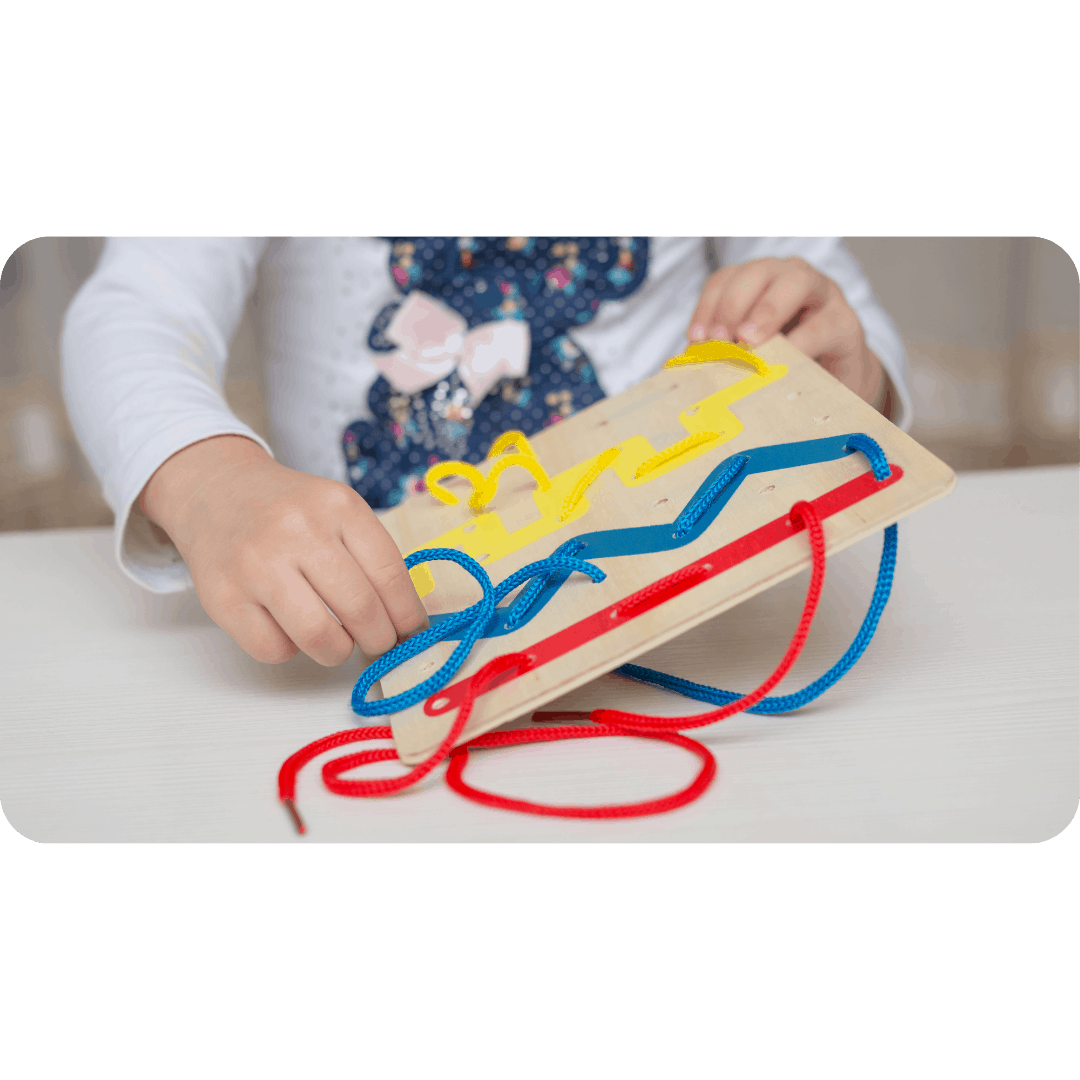
The Child’s Absorbent Mind
“[The Absorbent Mind] which receives all, does not judge, does not refuse, does not react. It absorbs everything and incarnates it in the coming man.”
~Dr. Maria Montessori
You are almost certainly going to come across the phrase “absorbent mind” in the writings of Dr. Maria Montessori. Adults and children go through different learning processes and it is imperative that we understand that. Children are like sponges, soaking up everything in their environment.
By the same token, it is easier for them to learn through trial and error, therefore doing things by themselves is simply through playing is not just faster, but far more natural. What affects a person’s personality, their movement, and how they use language to construct their understanding of the environment also effects how they view their surroundings. It is this hunger for new knowledge and adventures that helps explain their insatiable desire to learn and do things.
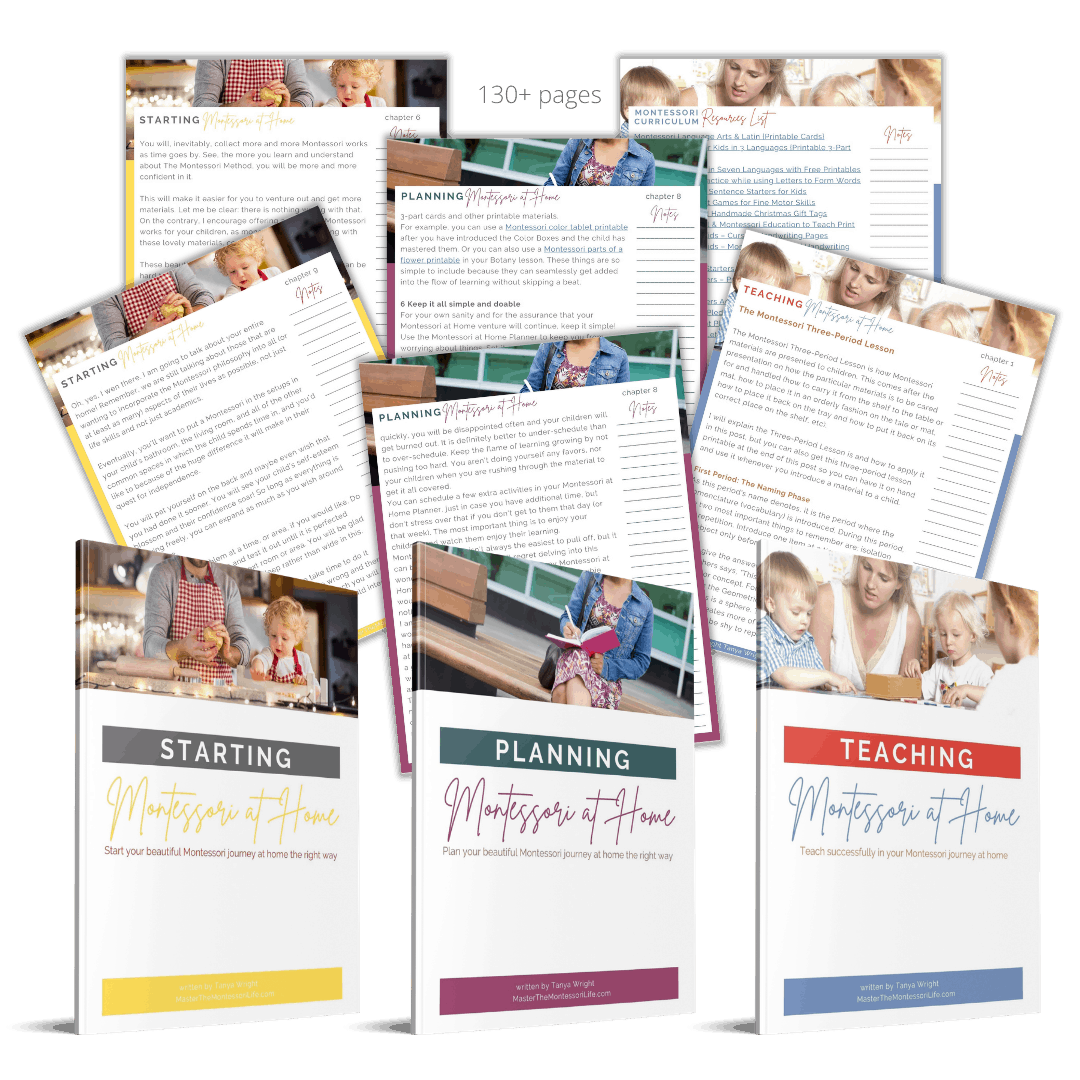

Hello, I am Tanya.
I am a Montessori Coach
and Curriculum Strategist.
I have been teaching, homeschooling, coaching and strategizing using the Montessori curriculum since 2005! My experience and passion in The Montessori Method have driven me to create The Montessori Way Foundations Framework and more!
While the Montessori Method is an unconventional method, the philosophy is quite distinct. It covers so much more than what I was able to explain here. That is why I have decided to dedicate this entire website to it. I hope that as you go through this site, you will realize how important Dr. Maria Montessori’s work has been in developing and assisting young minds.

Do you want to do Montessori, but don’t know where to start?
You’ll love this series!

In Part 1, you are going to see exactly what you need to do immediately to get started with the Montessori philosophy!

Your eyes will be opened to some fantastic actionable things you can start today for Montessori success.

The more you delve into this beginner topic, the more you will learn and grow in your knowledge. It’s beautiful!

This part of the series is going to make all the difference in how you will go about applying Montessori! Try it!

Not only will your confidence will soar, but your motivation will be unstoppable and you’ll be ready for the next step!


